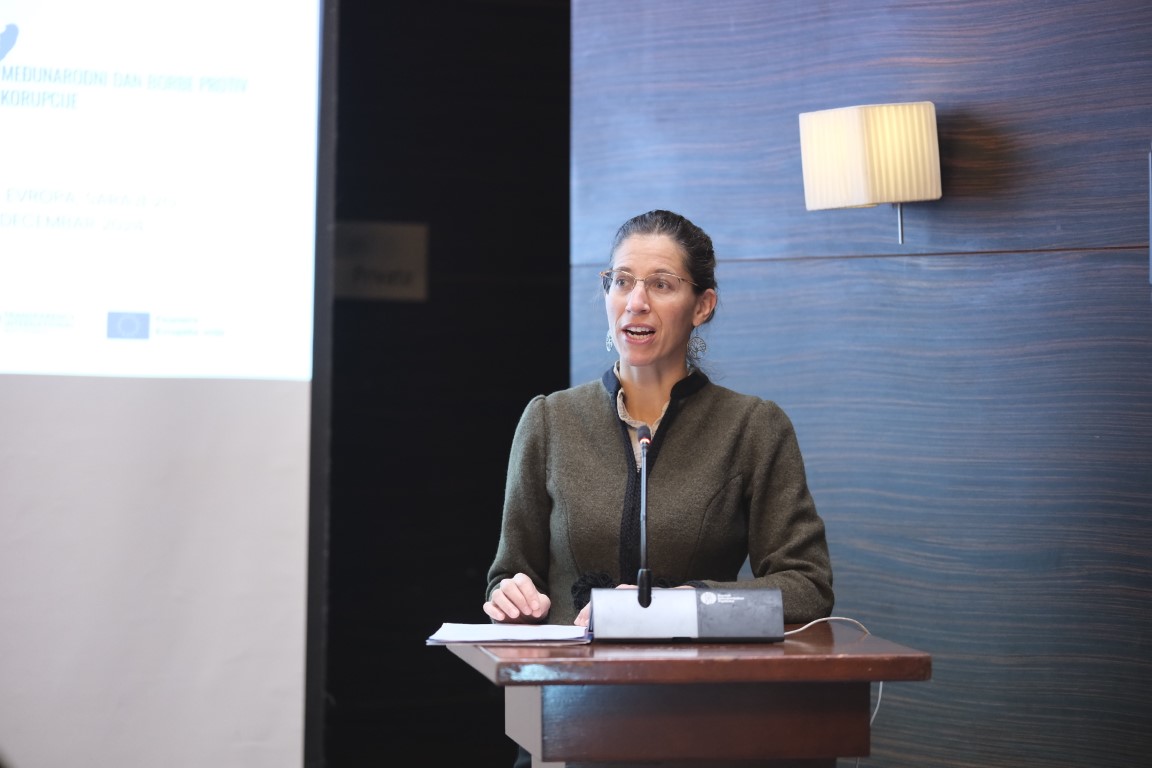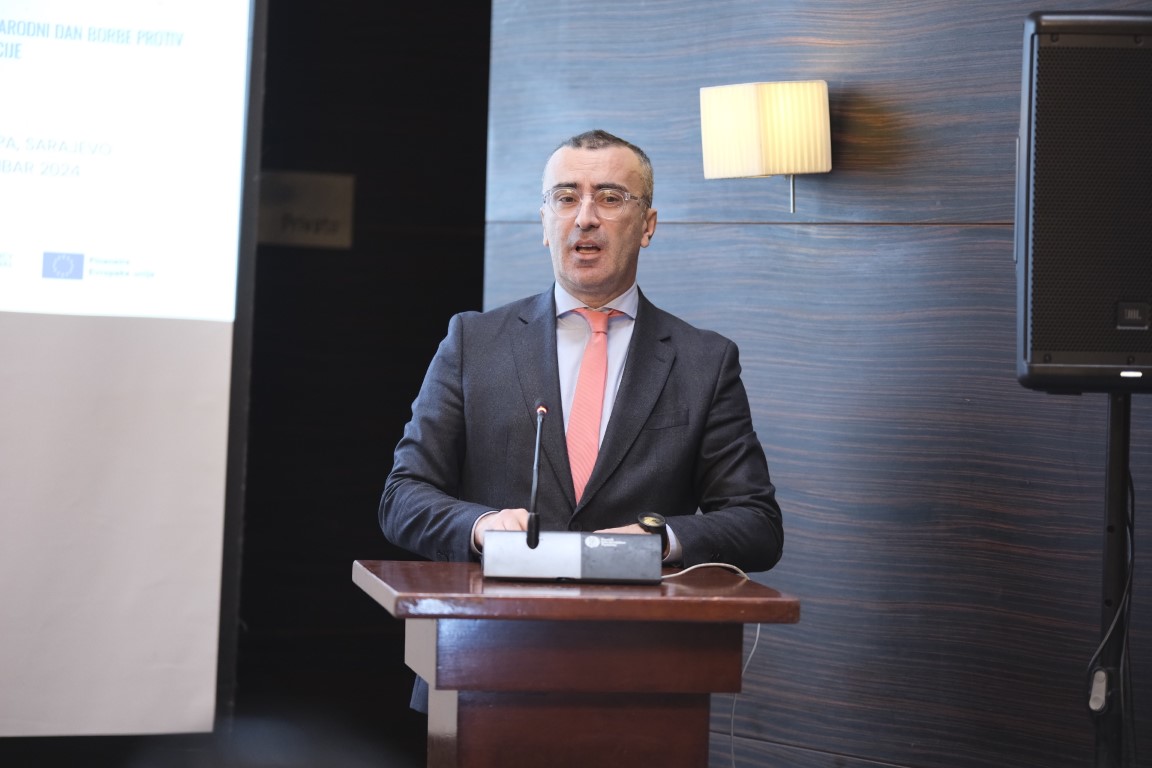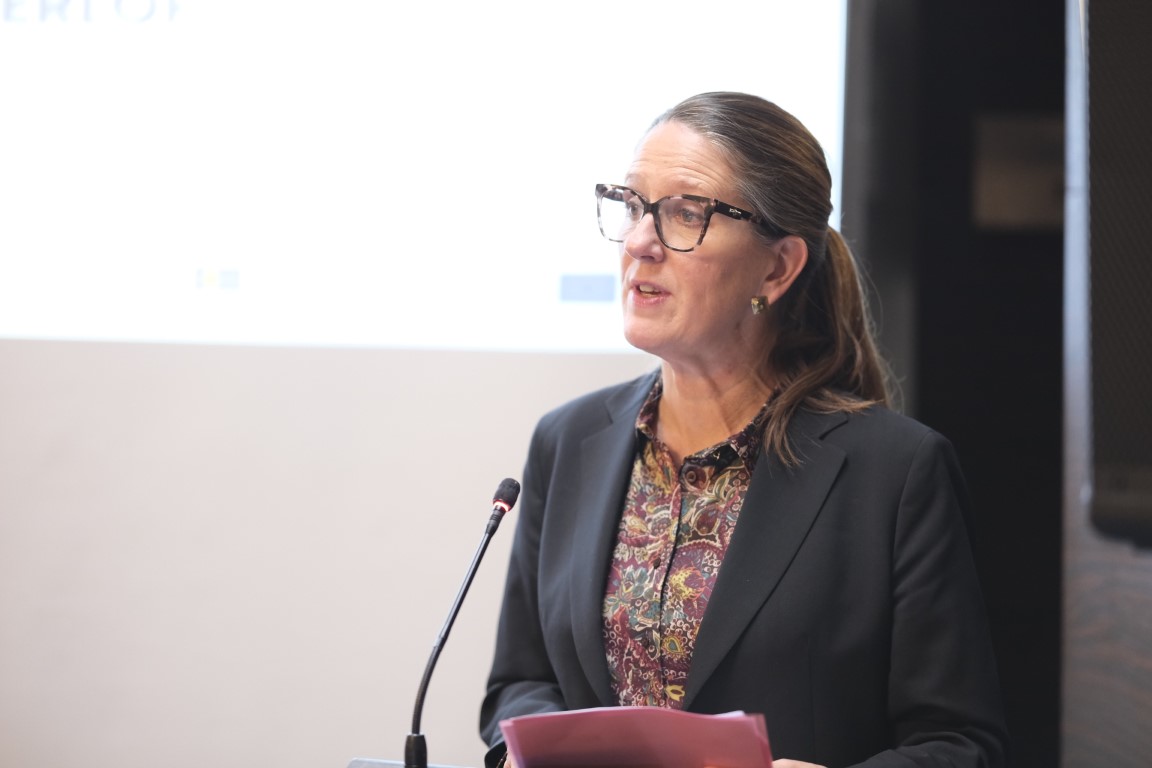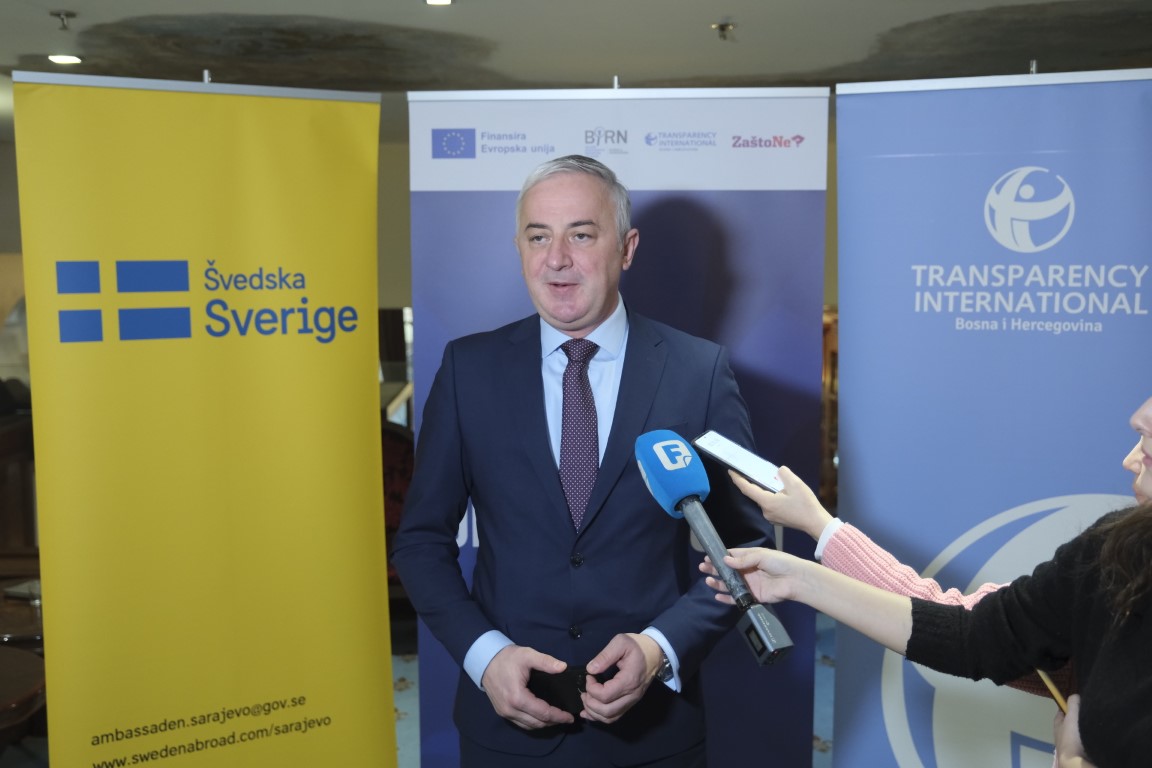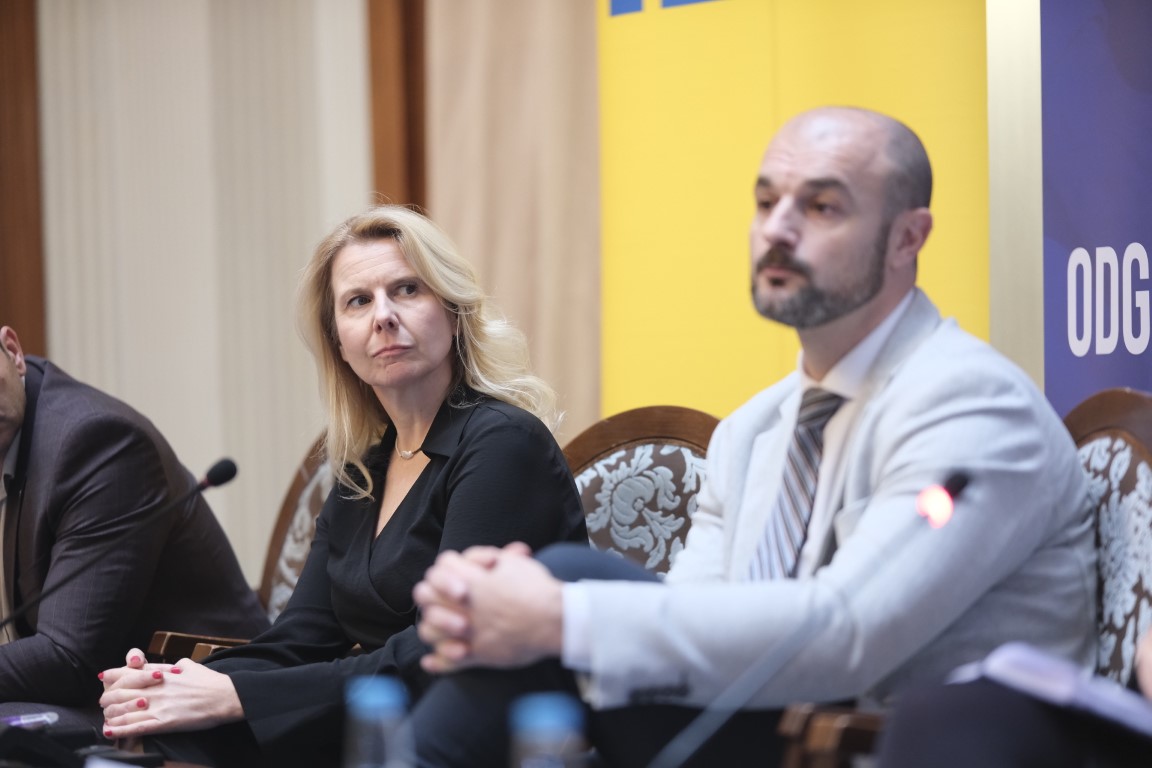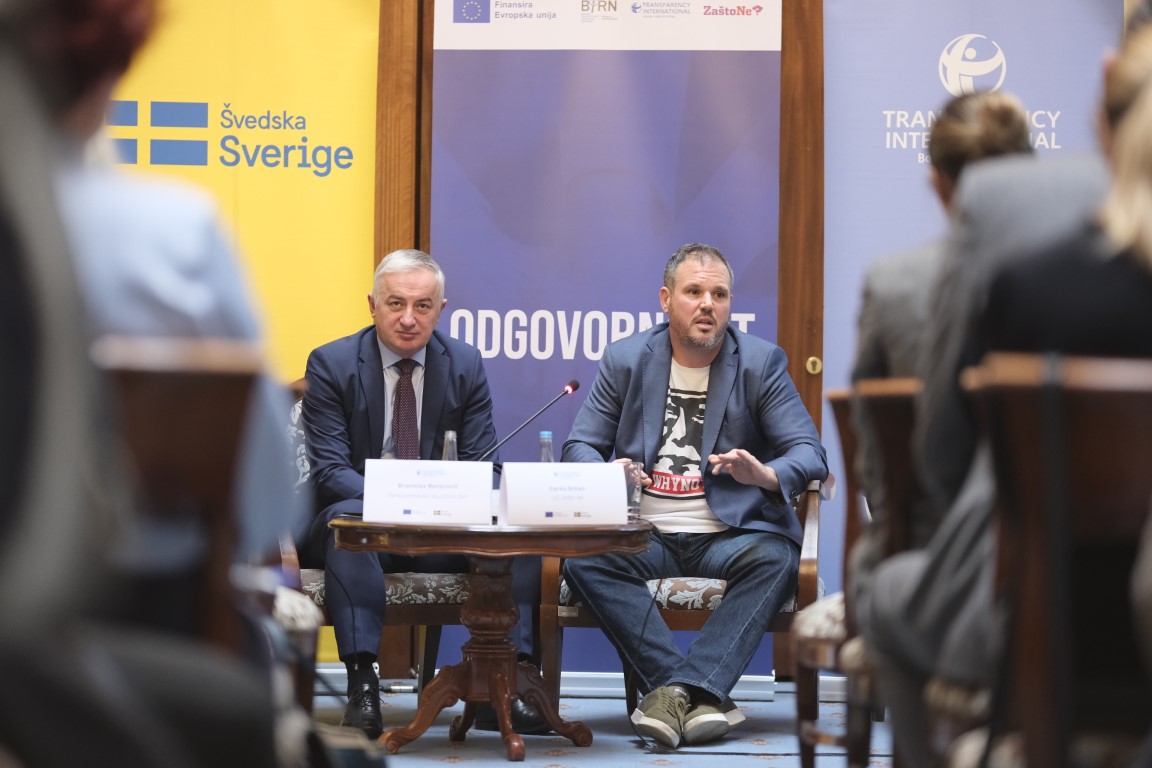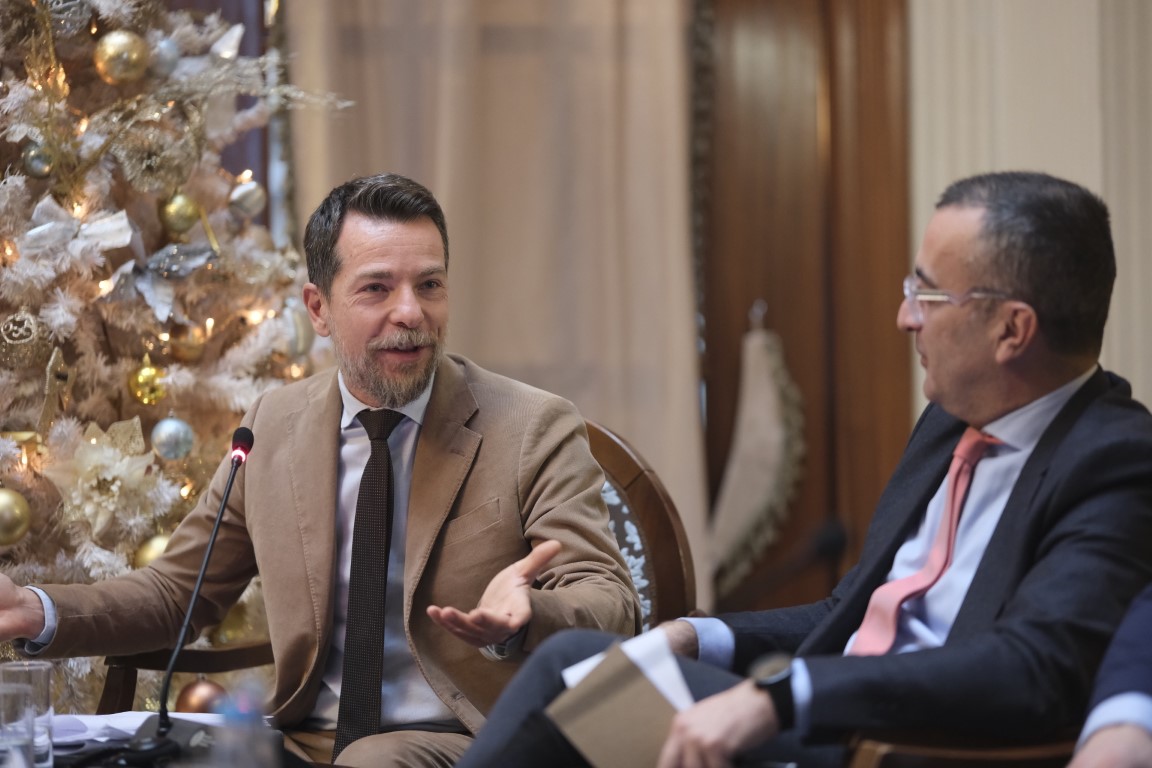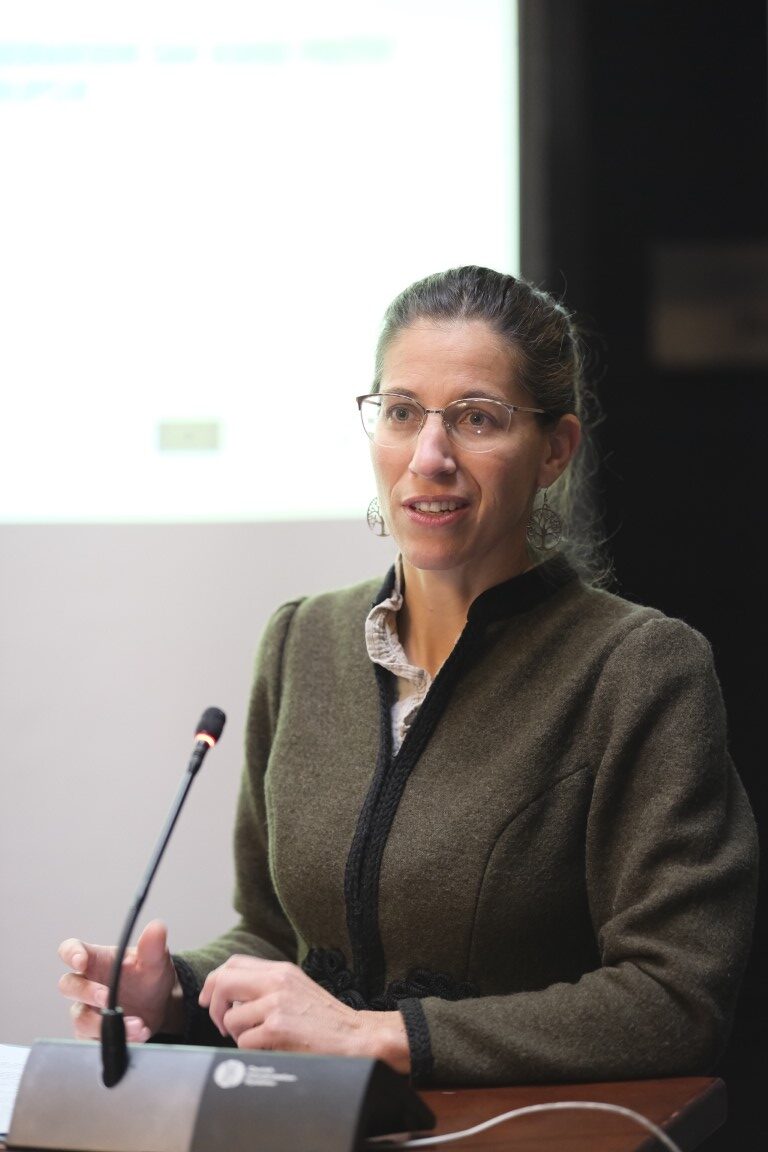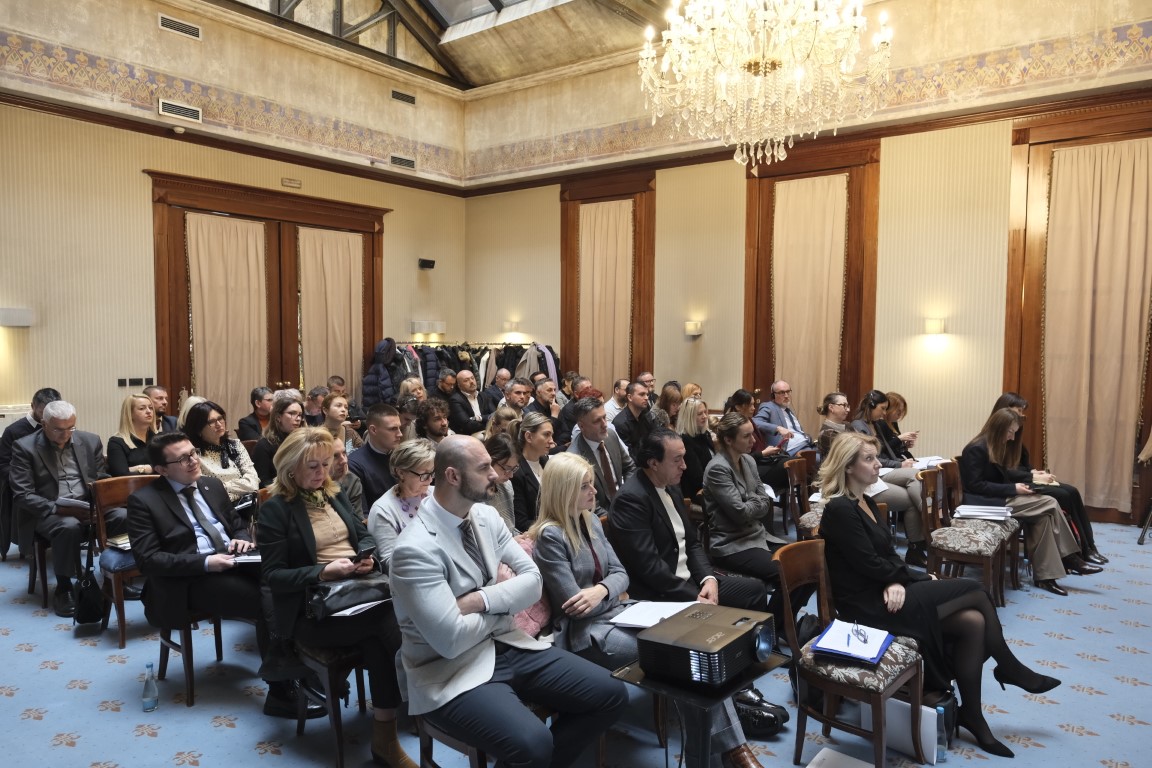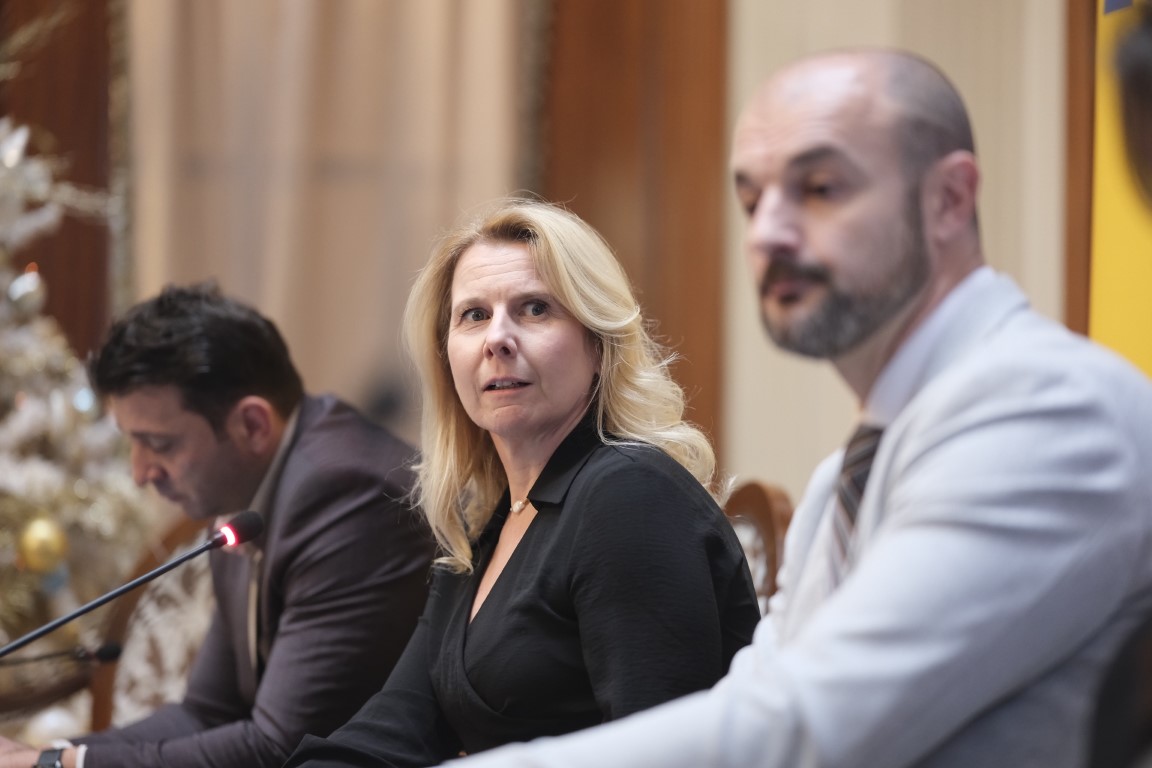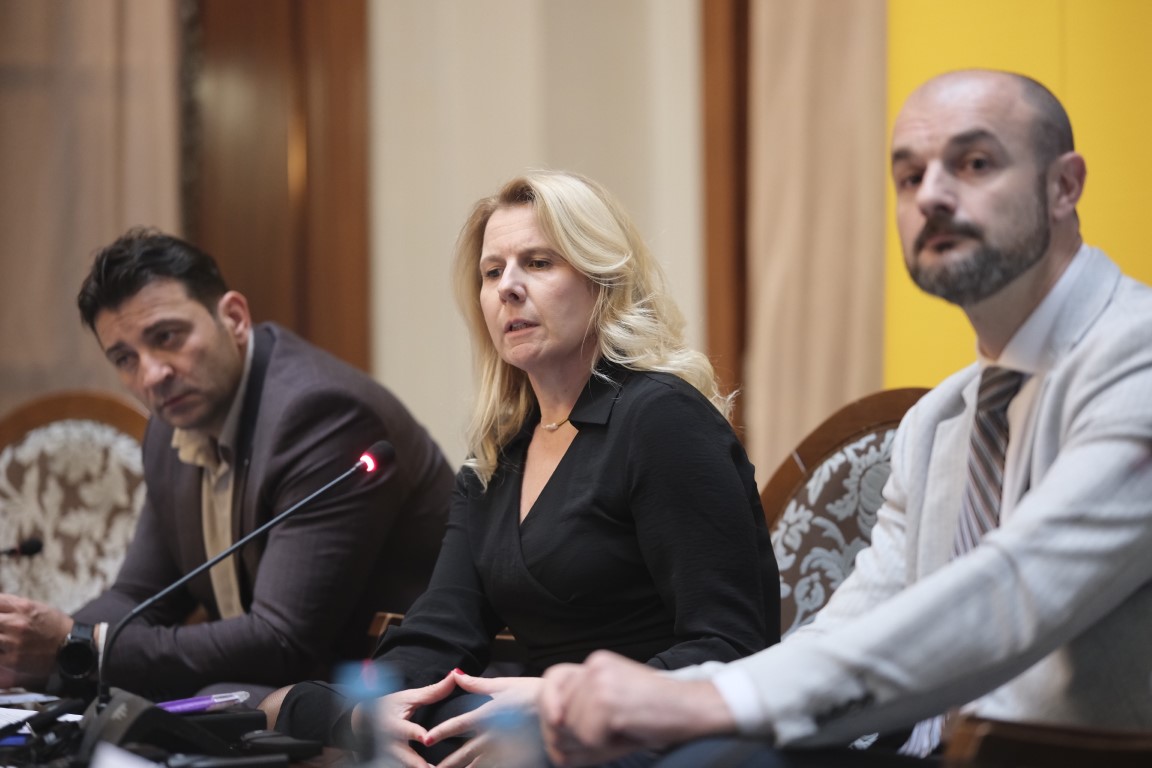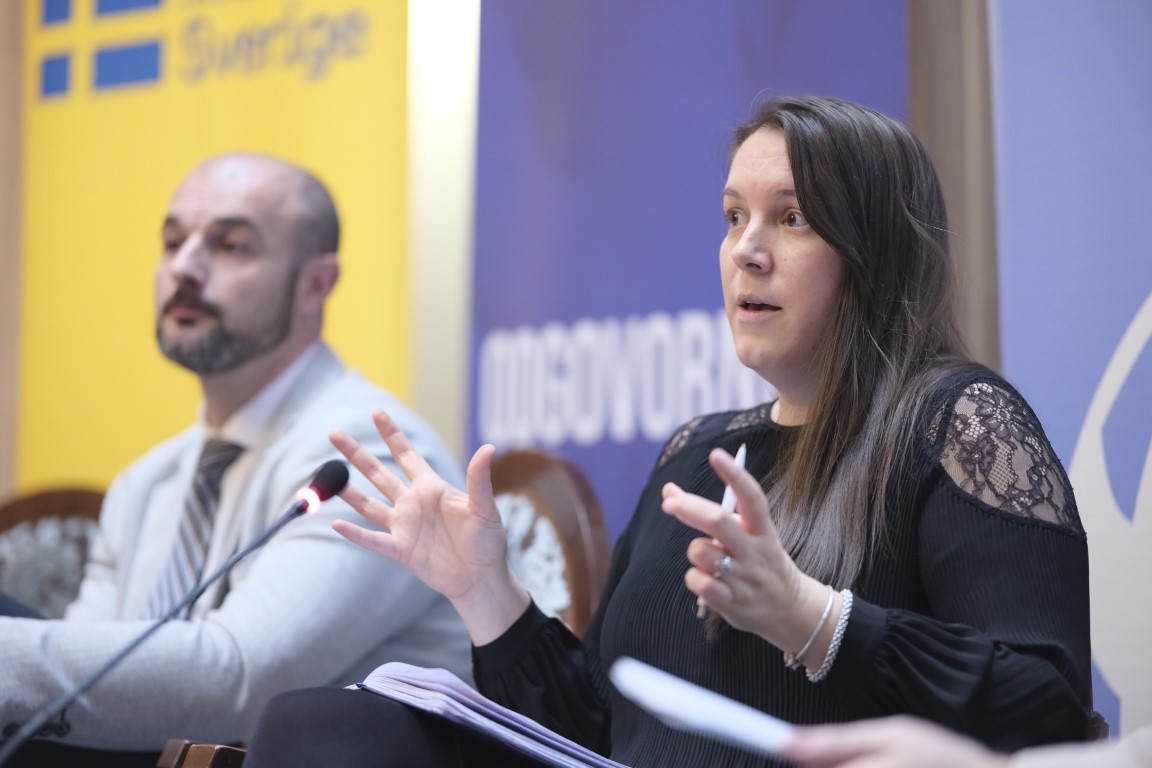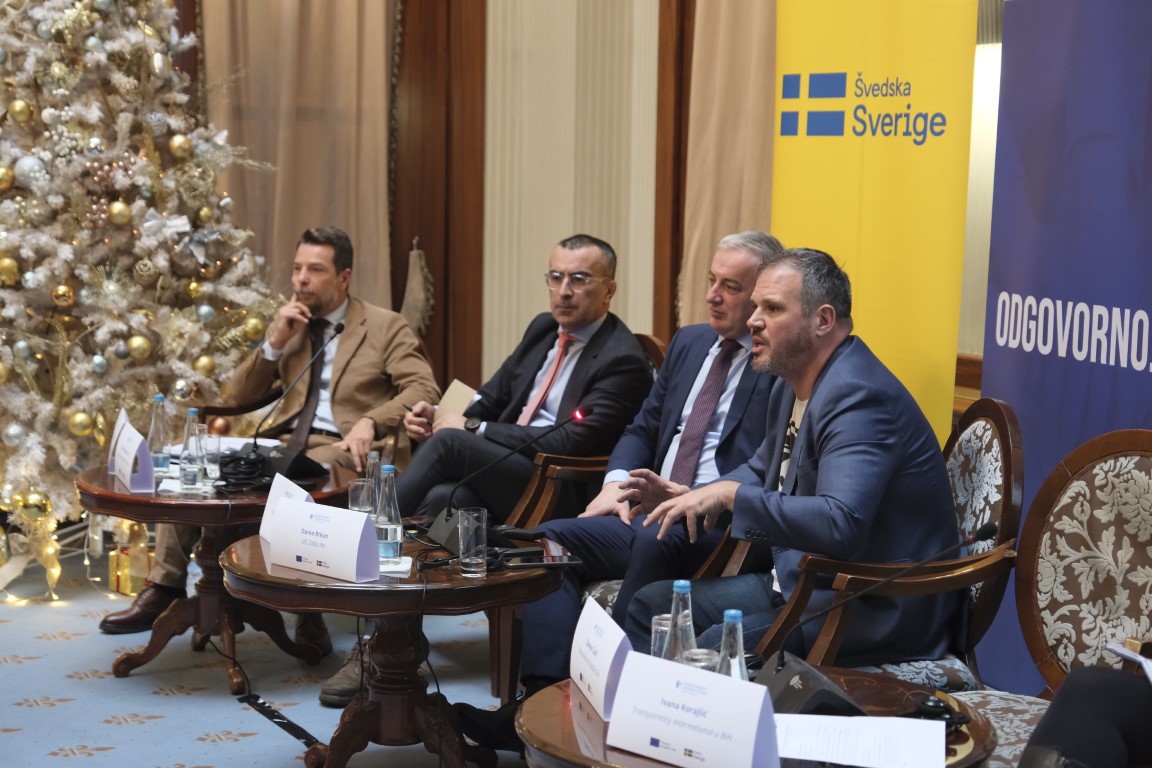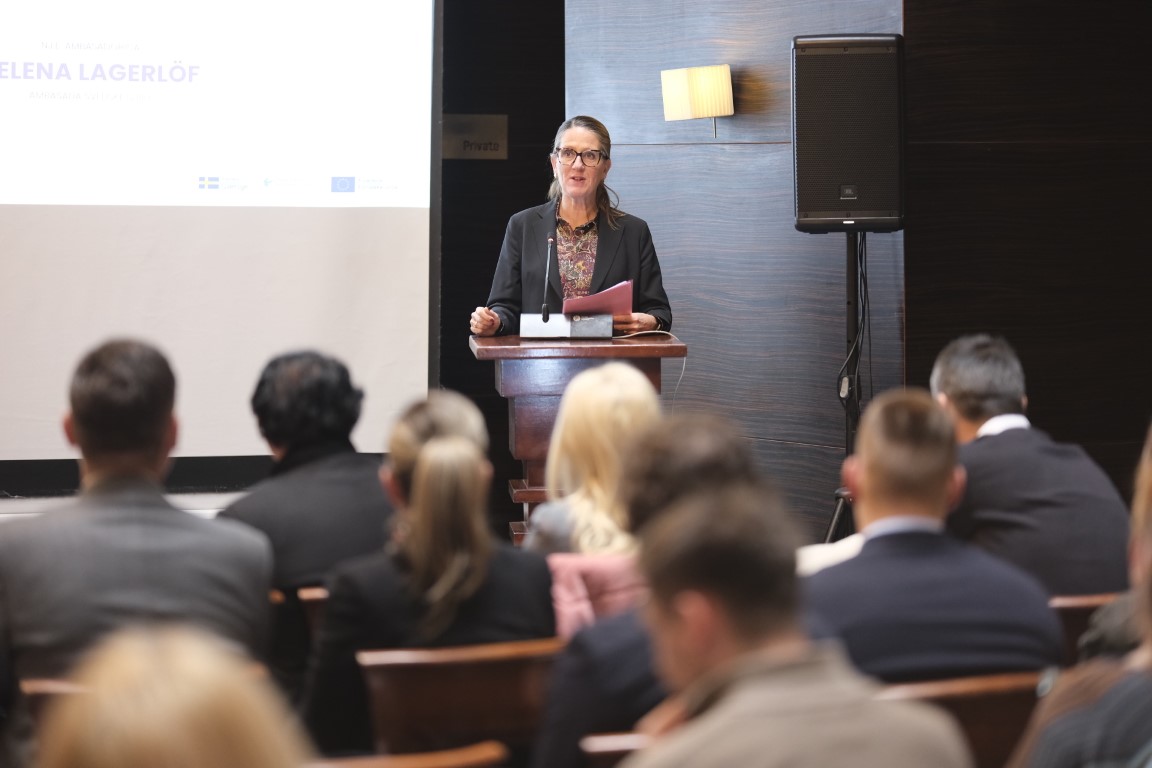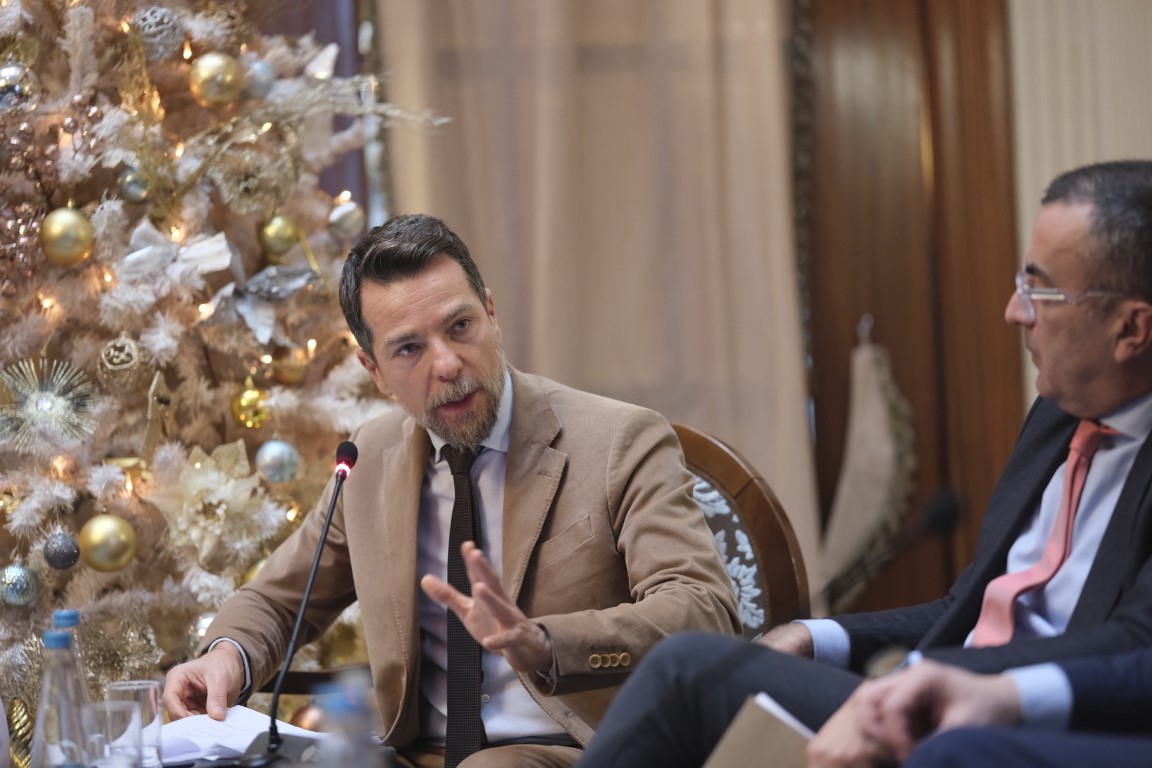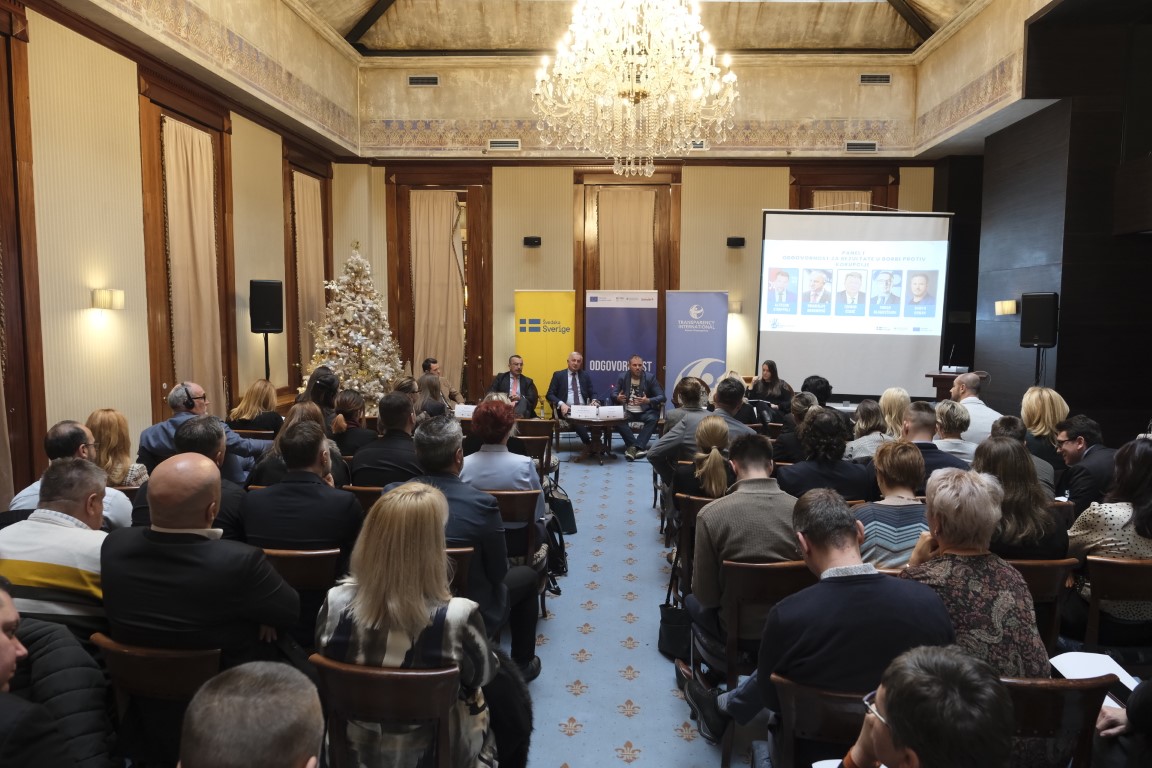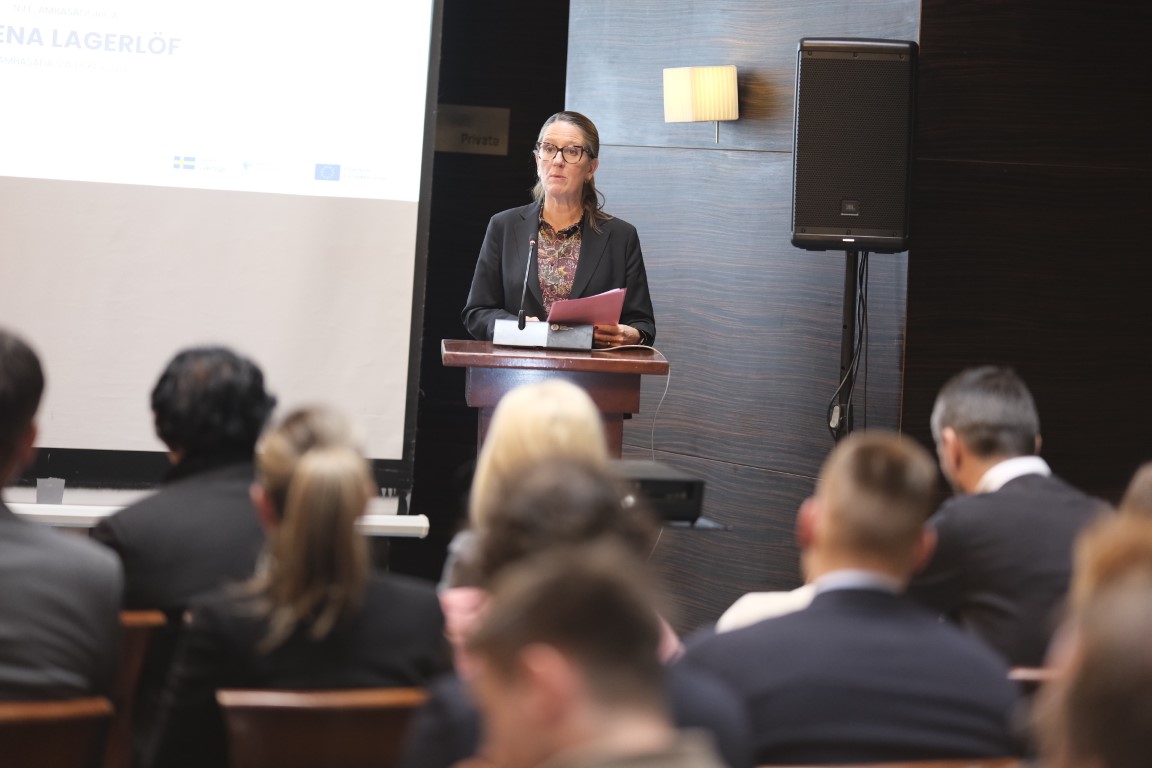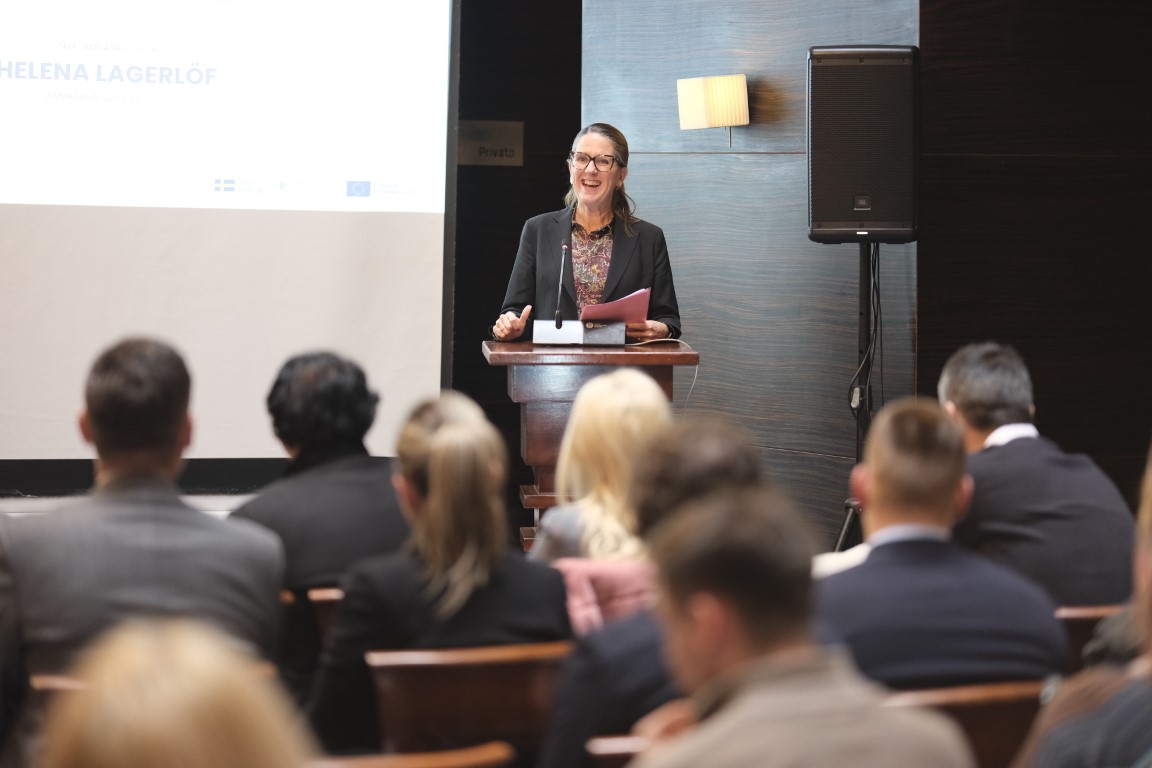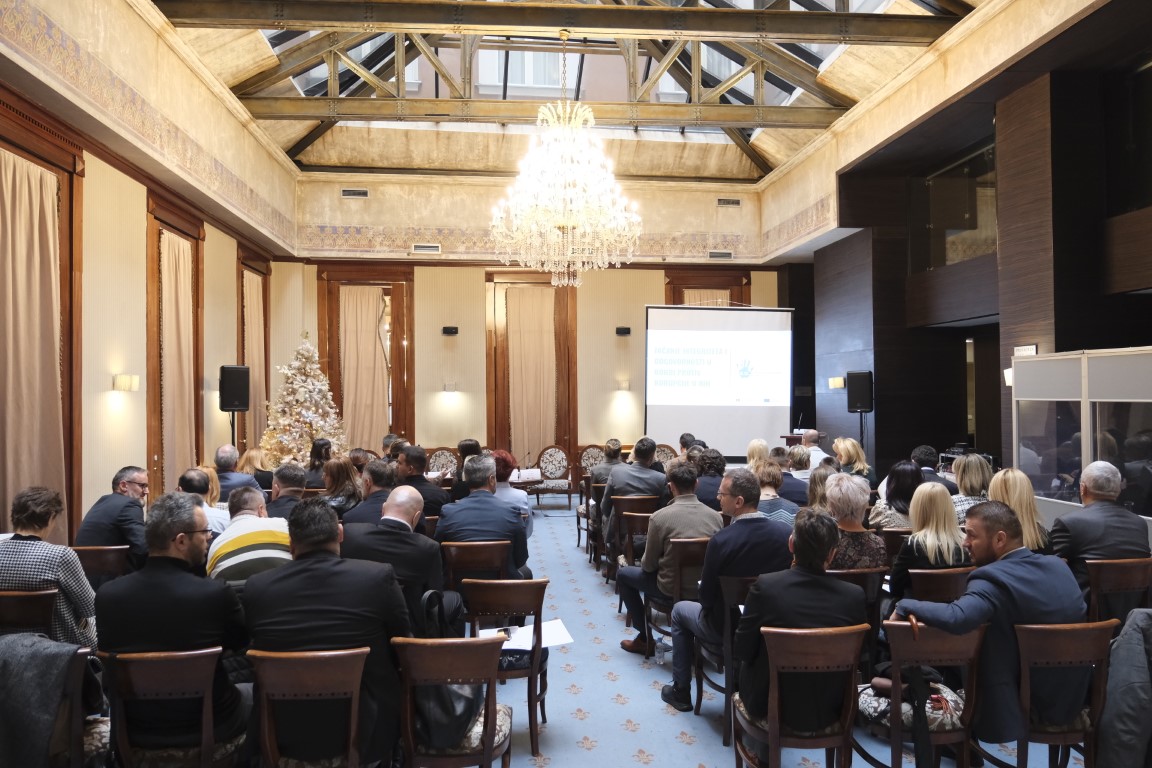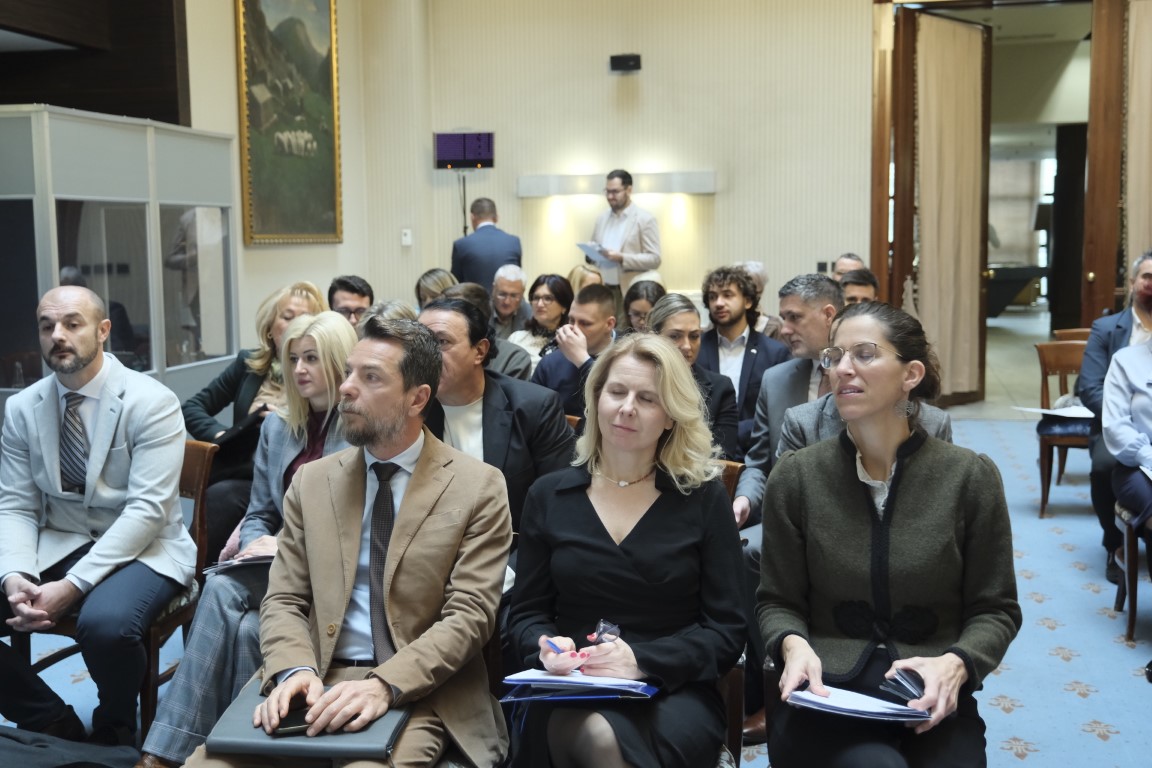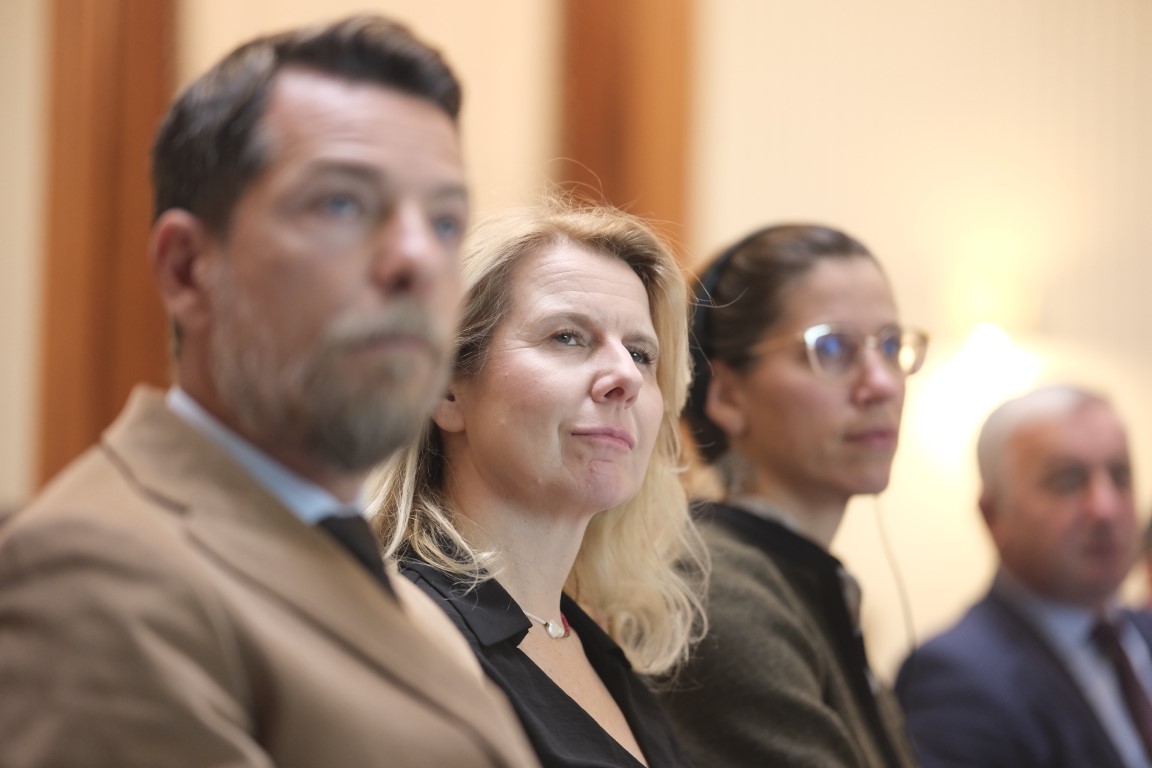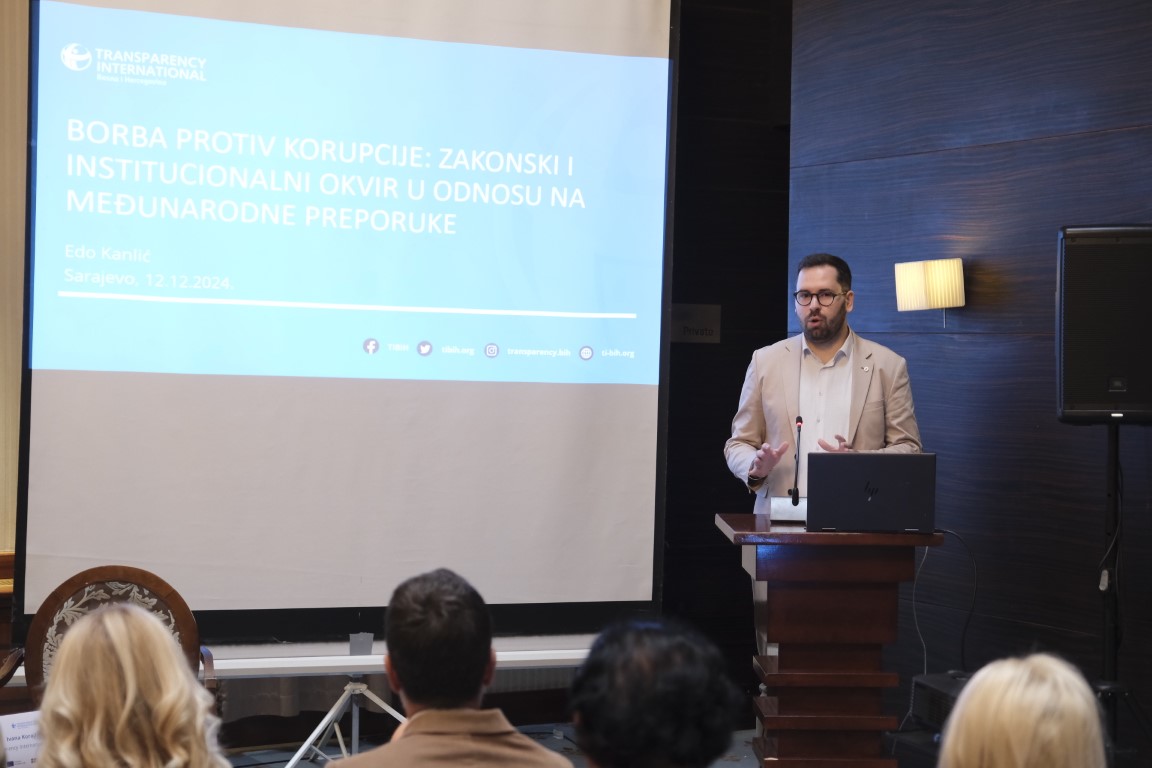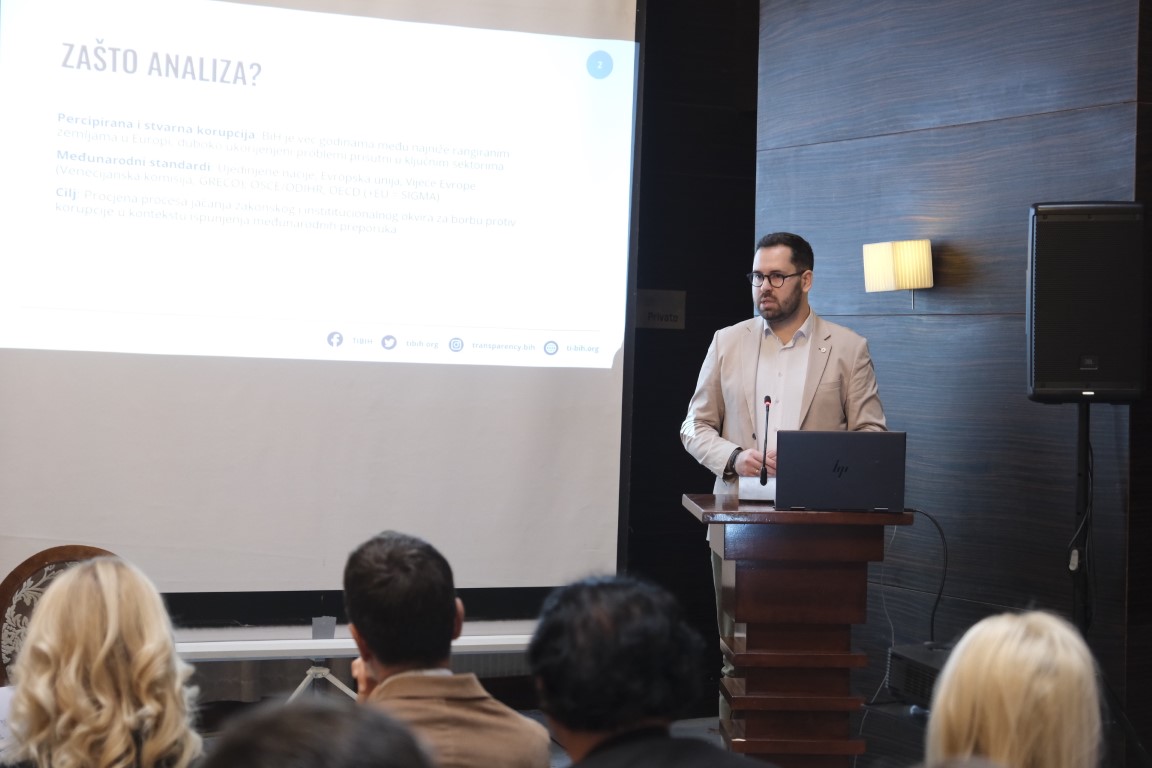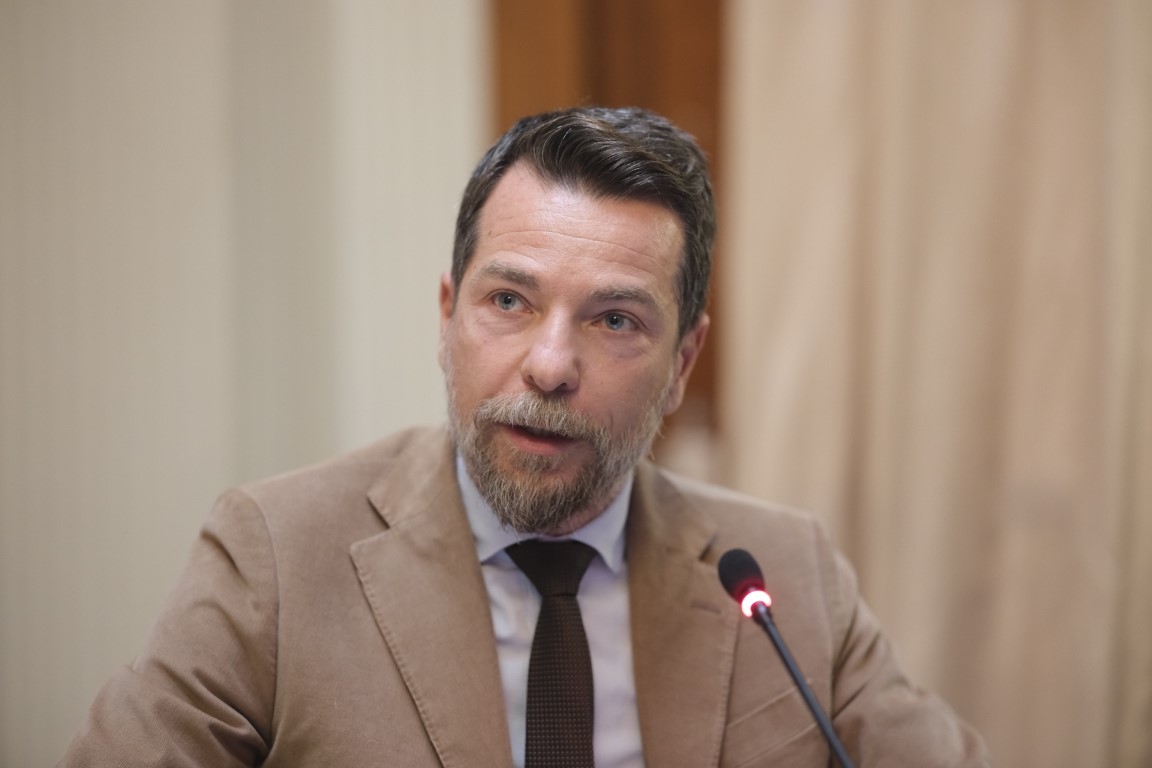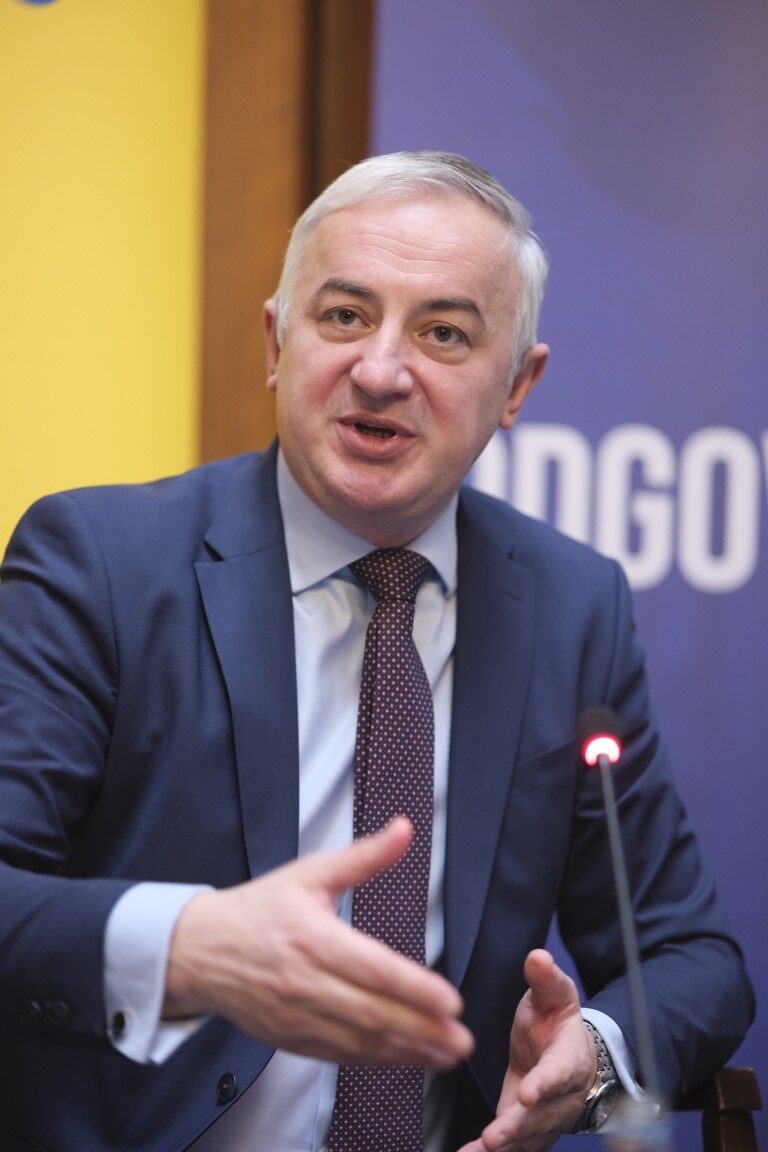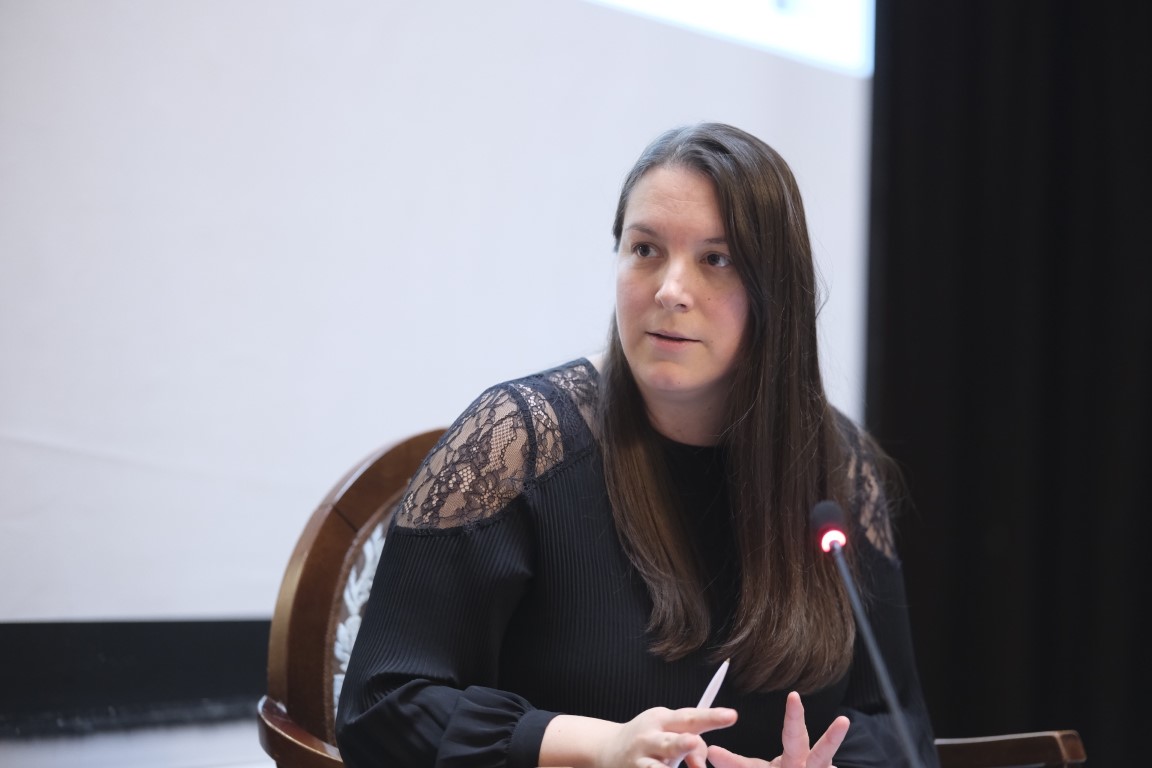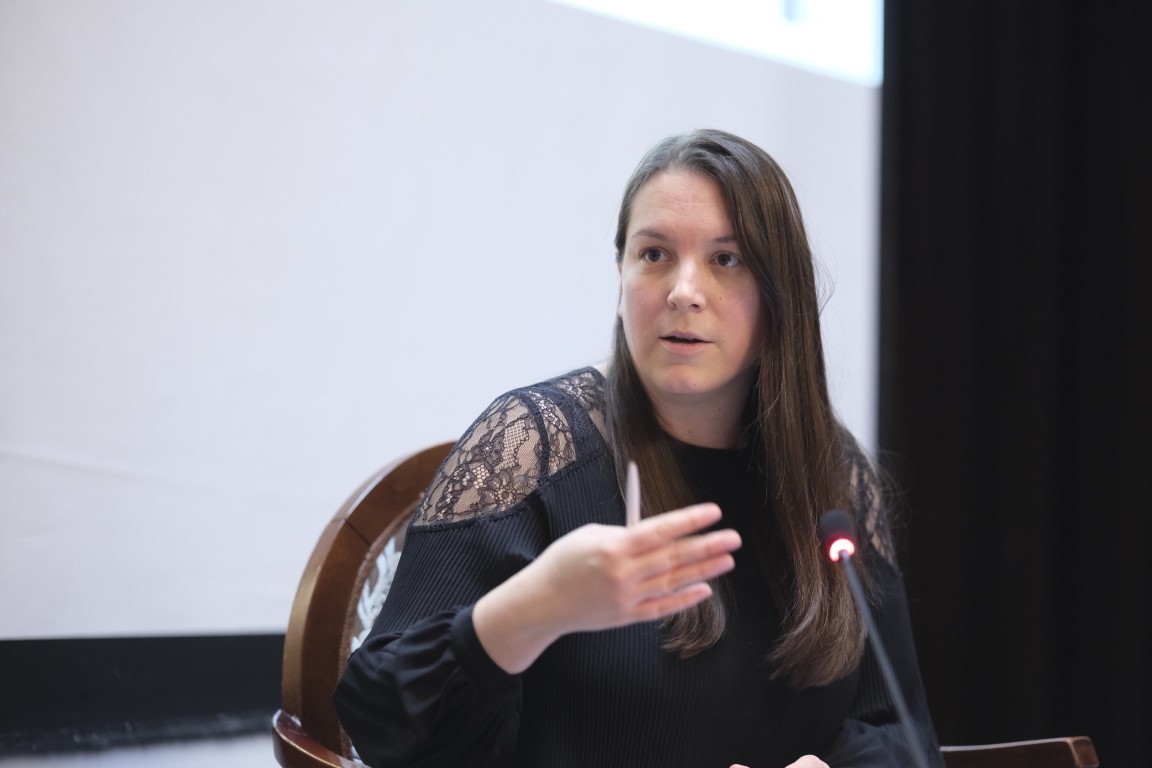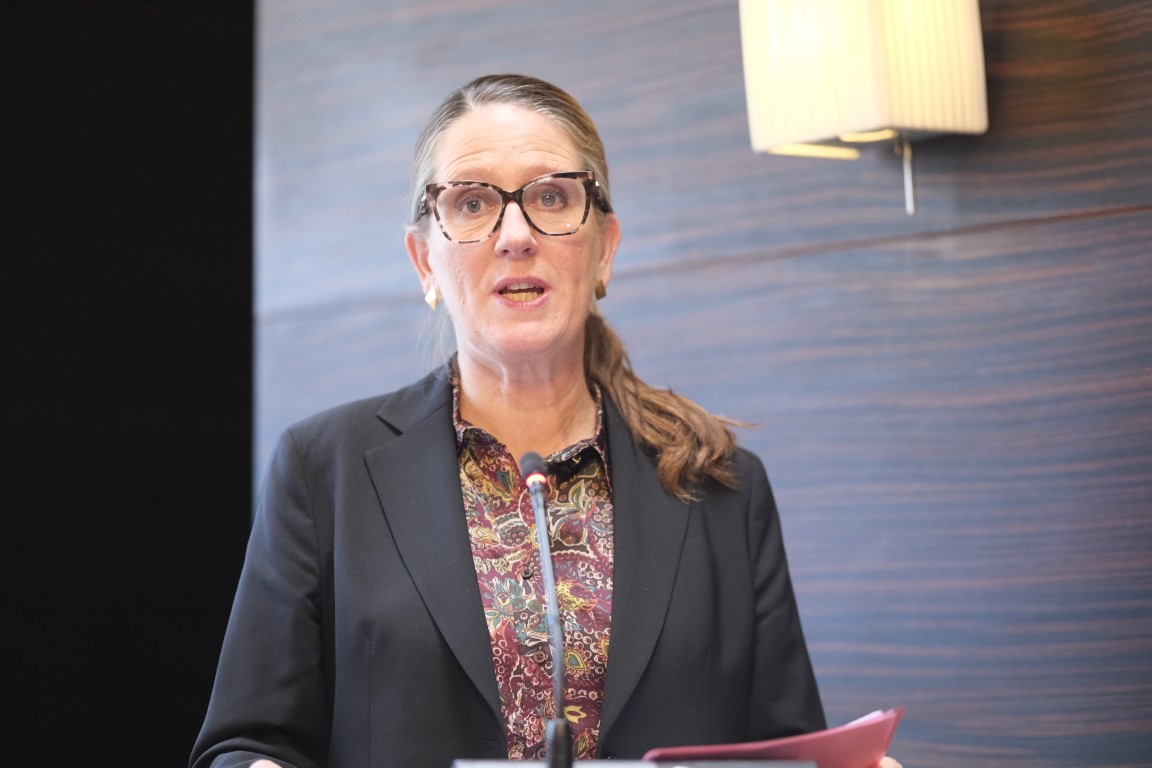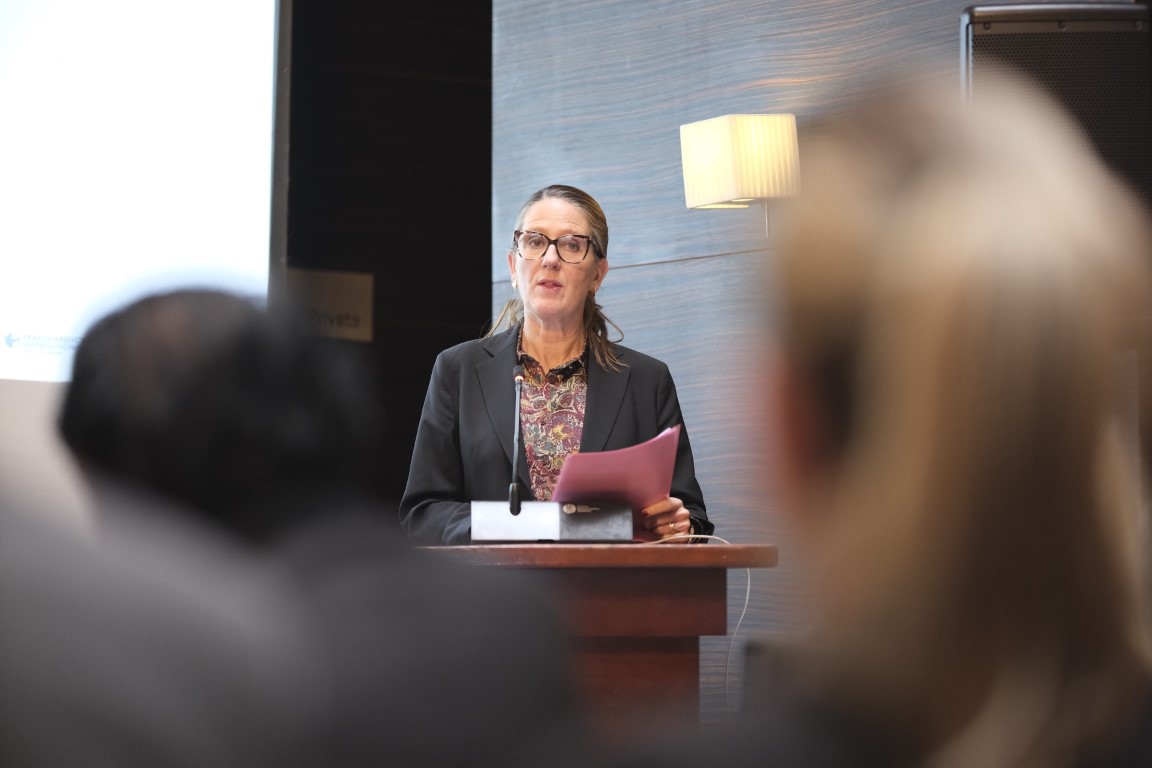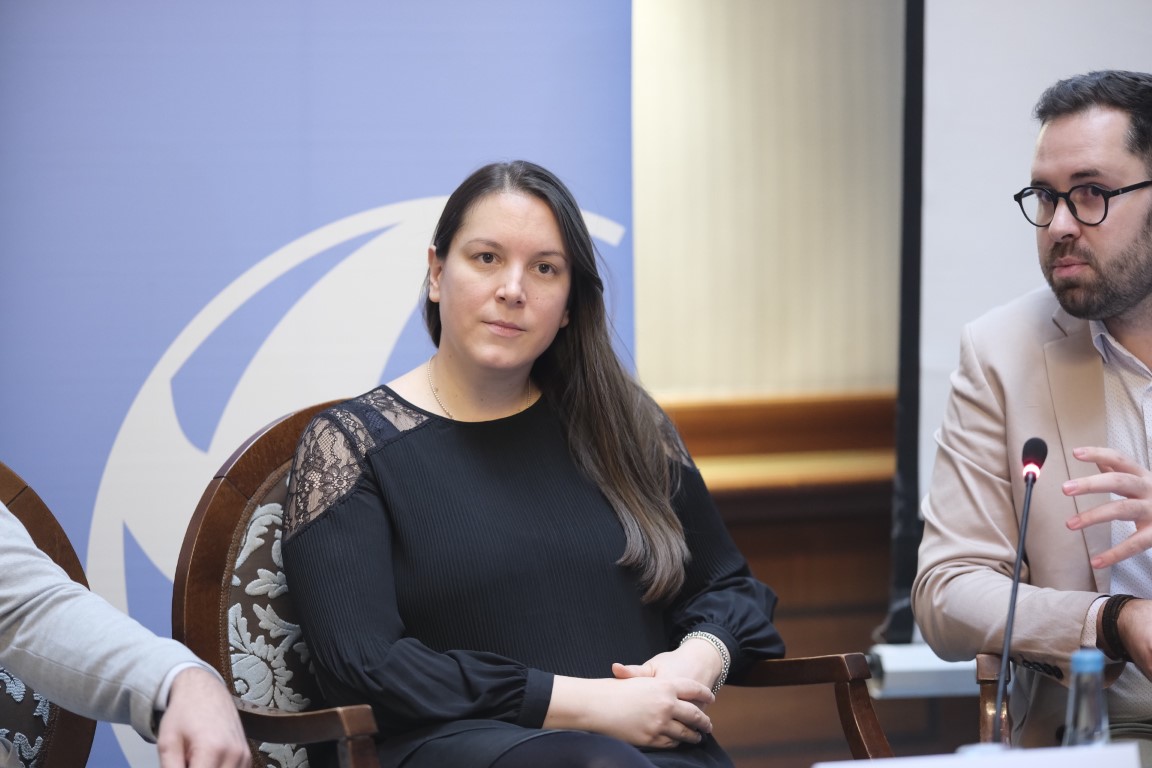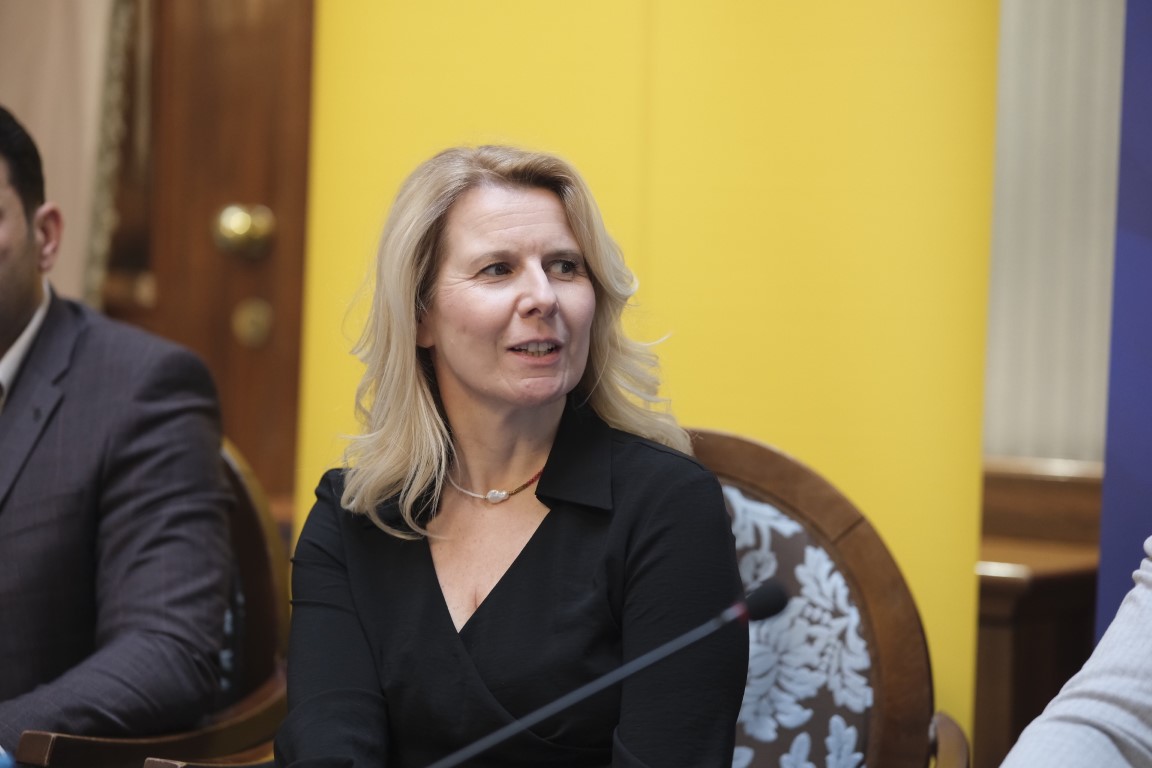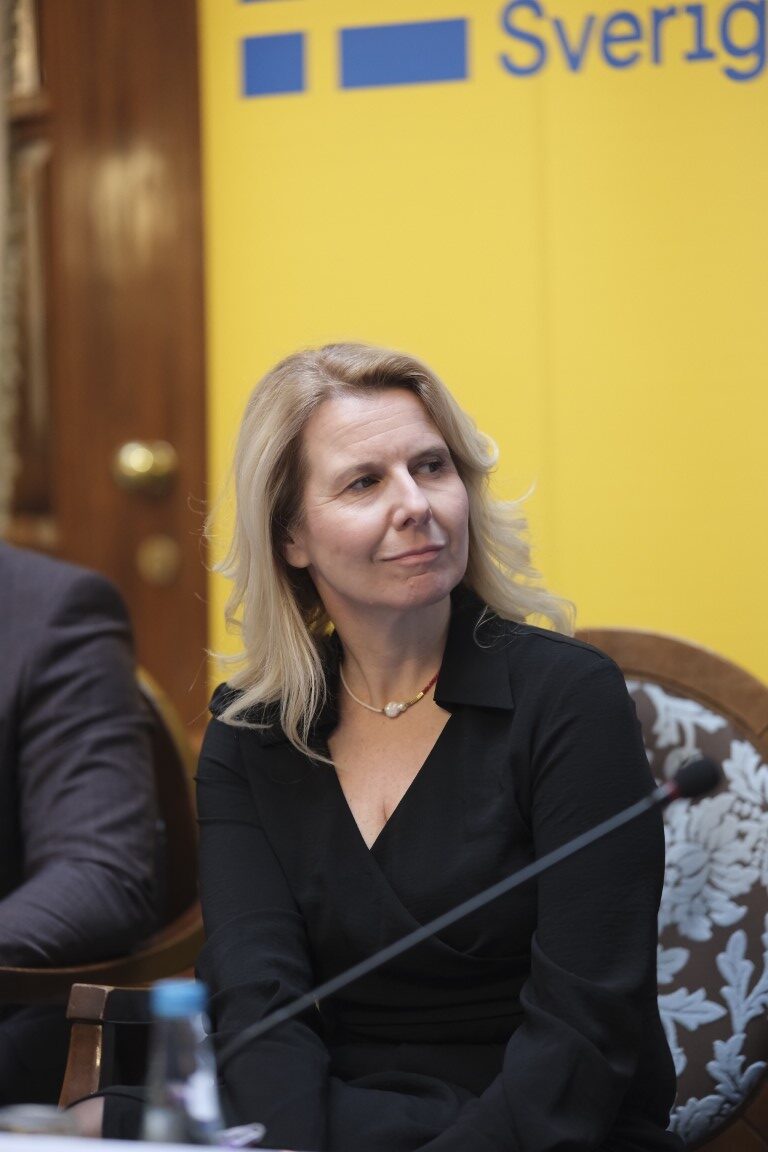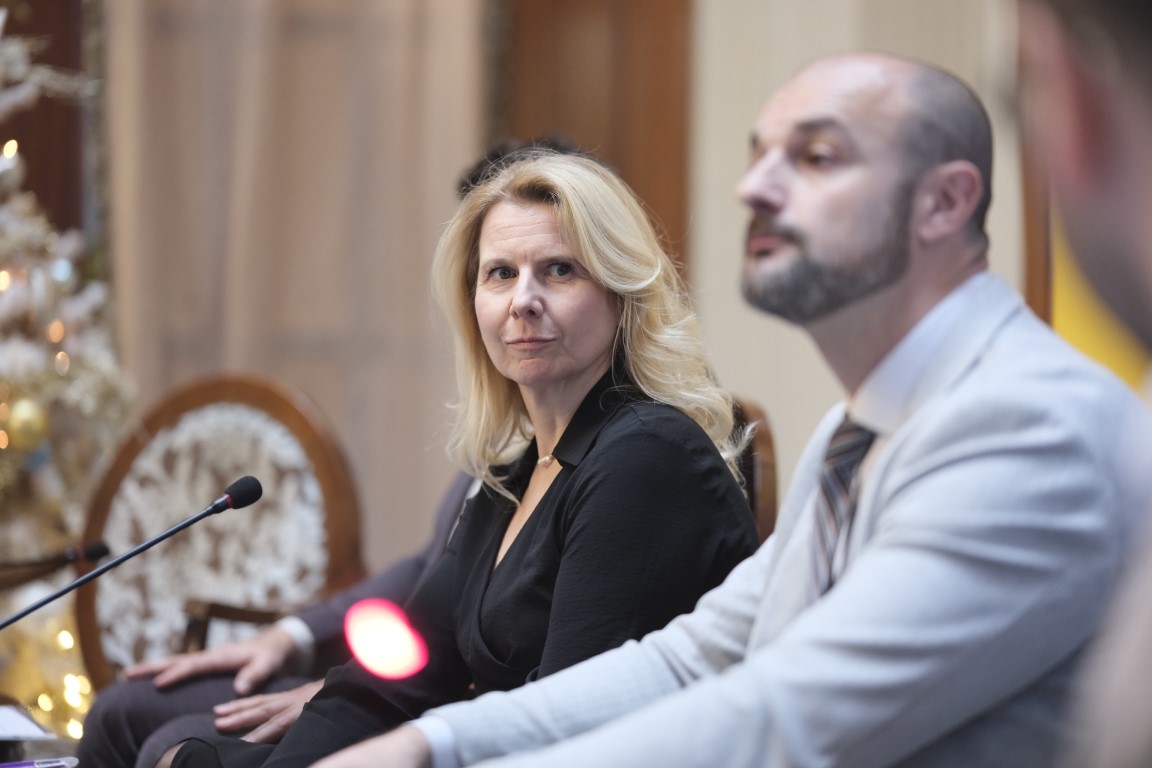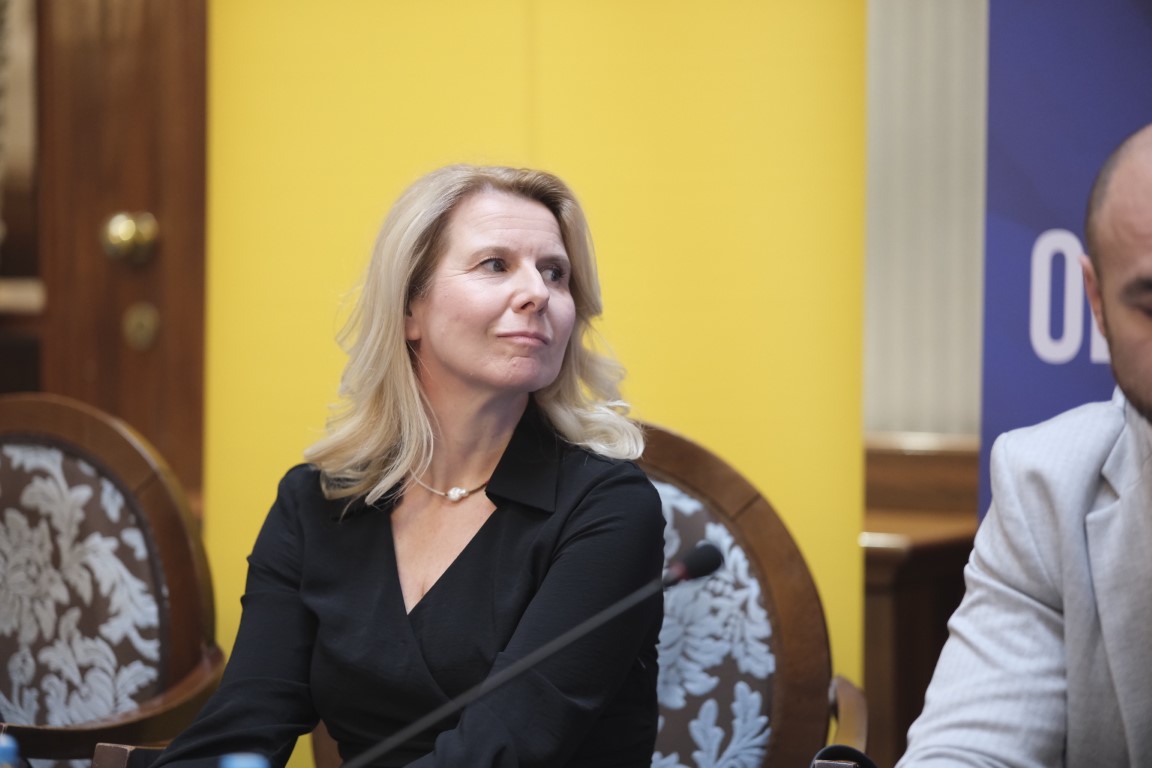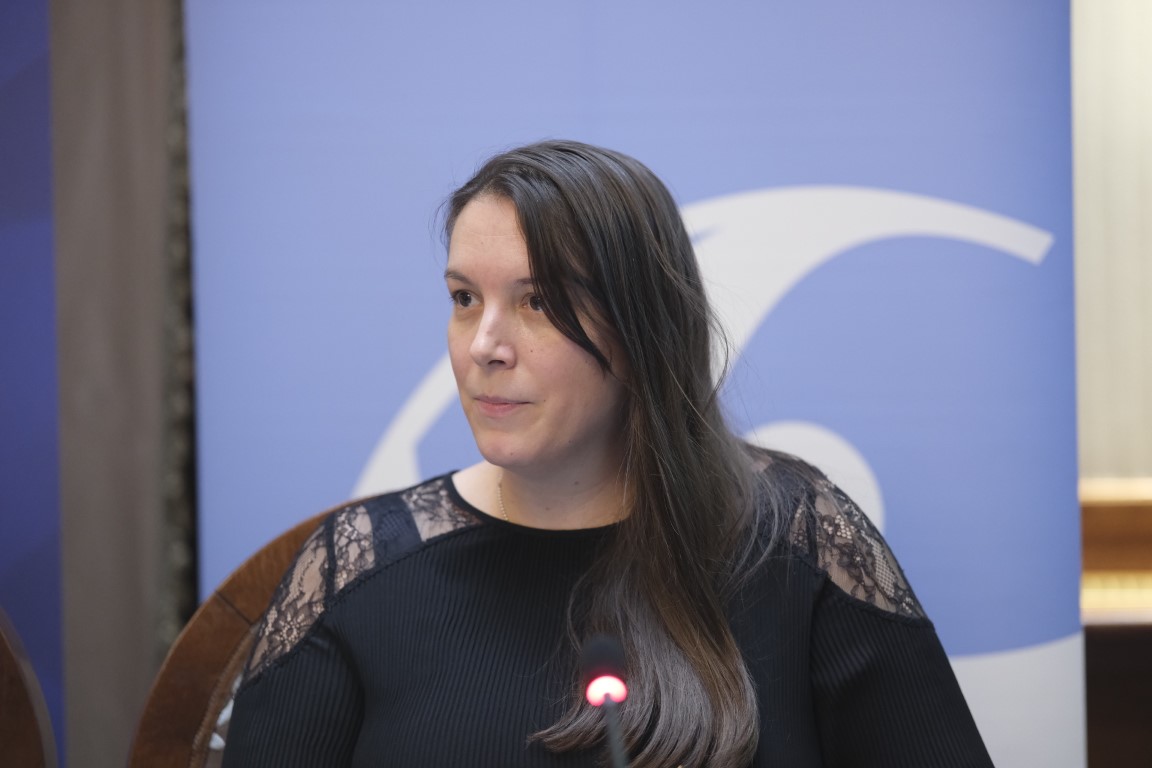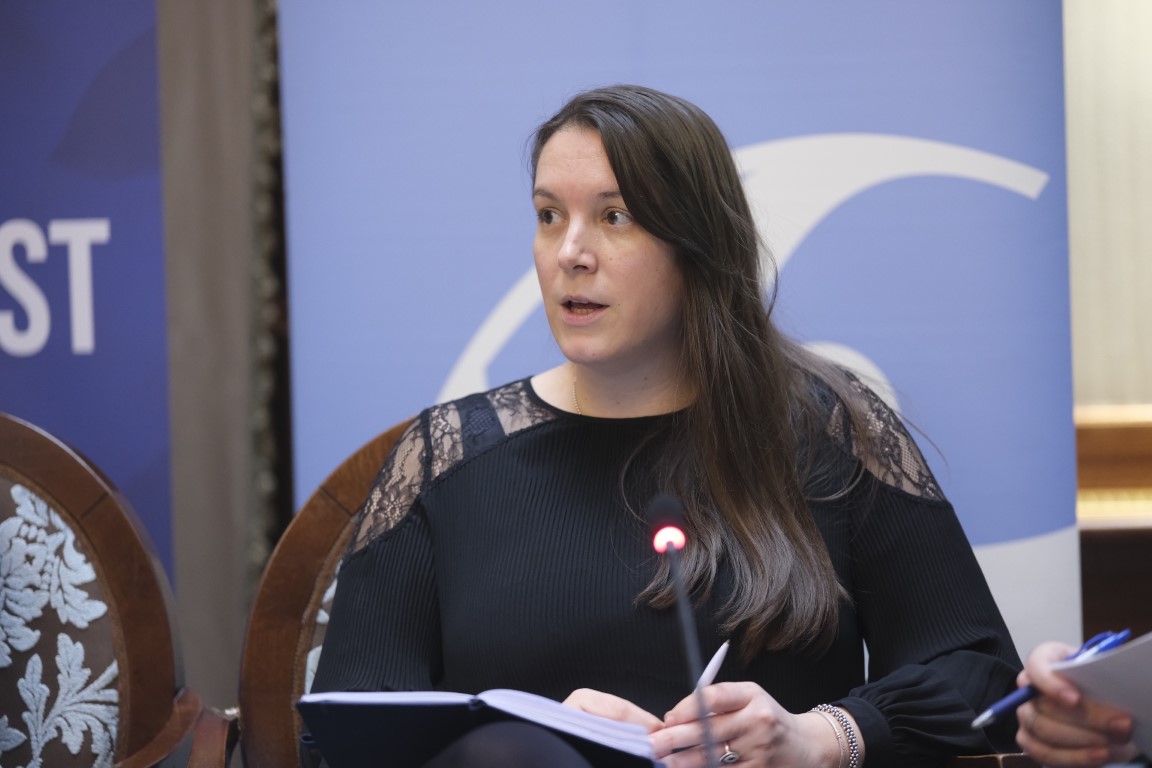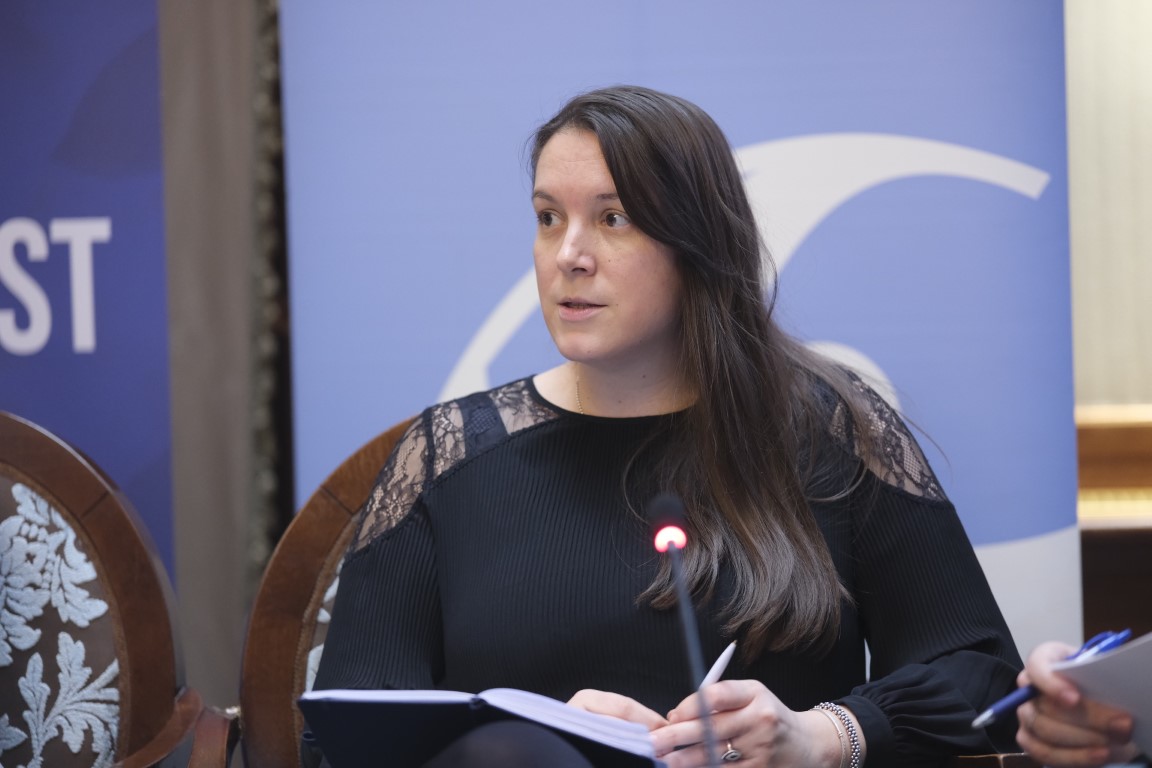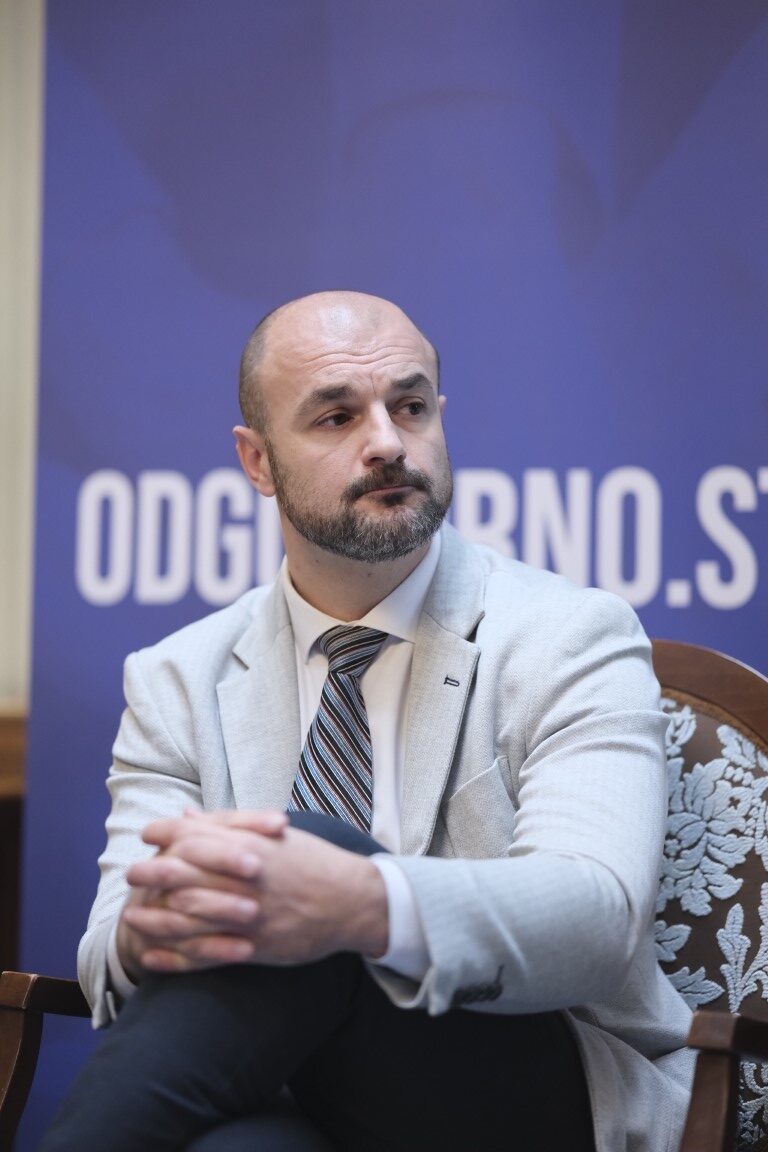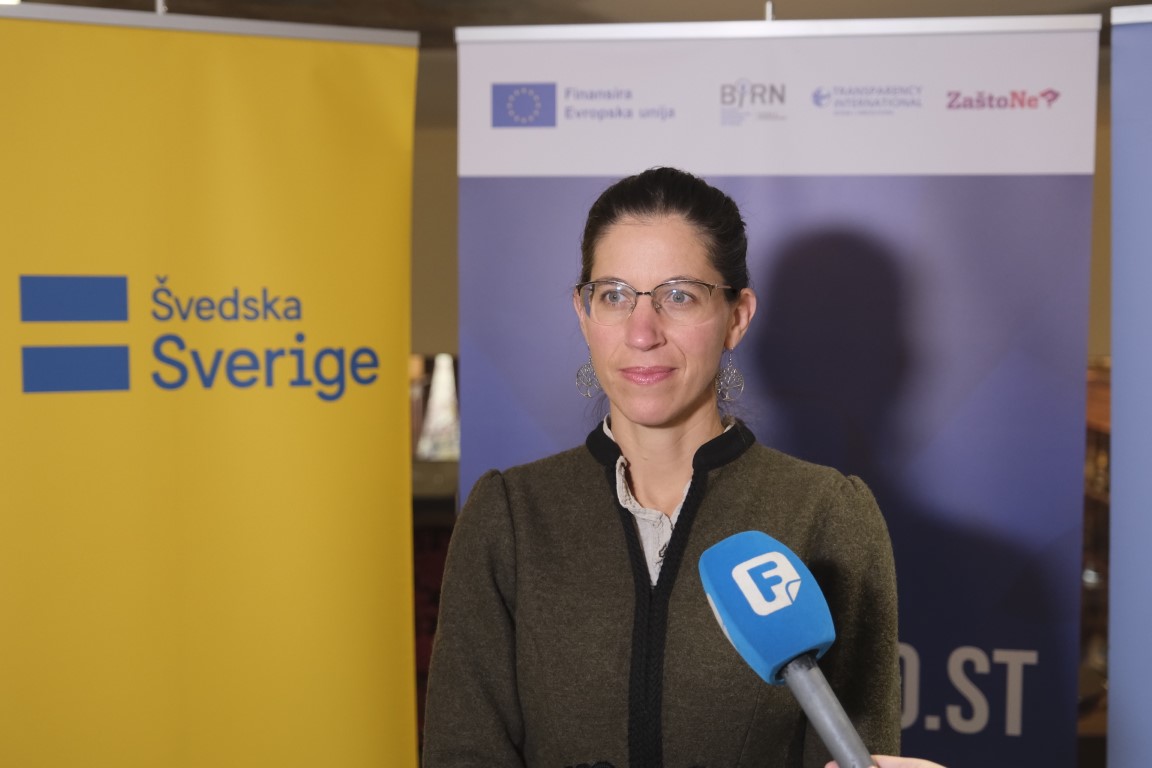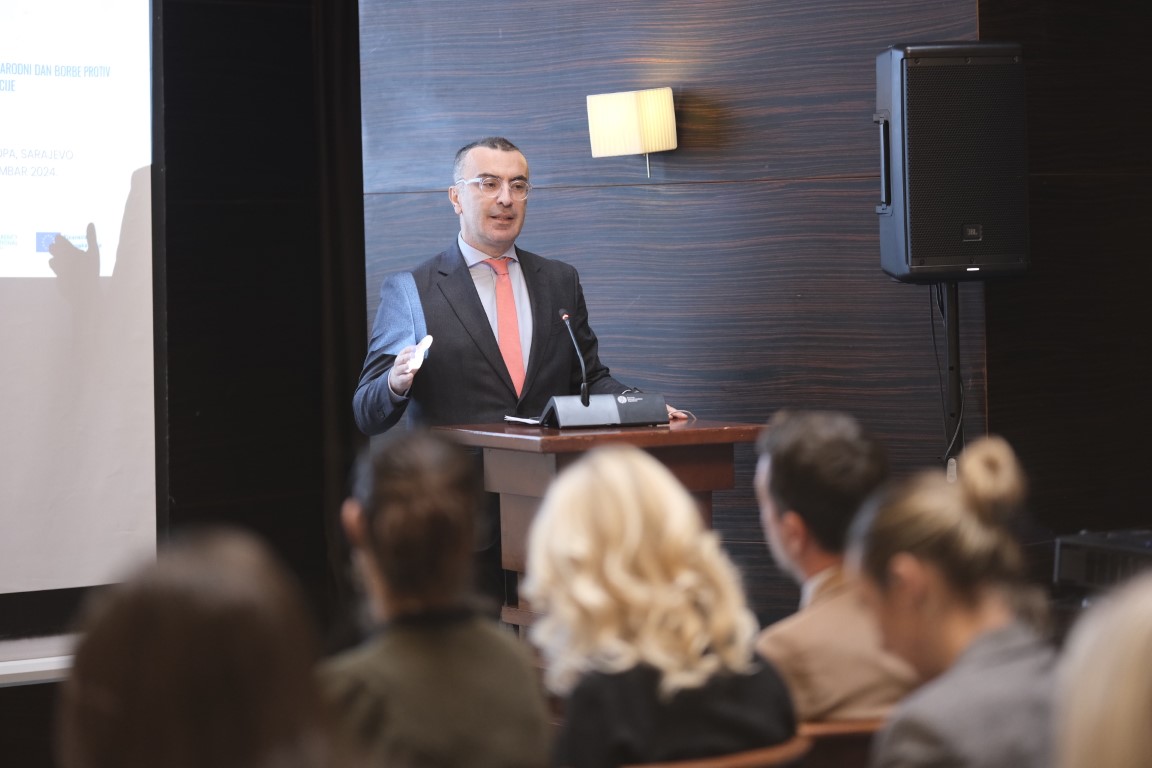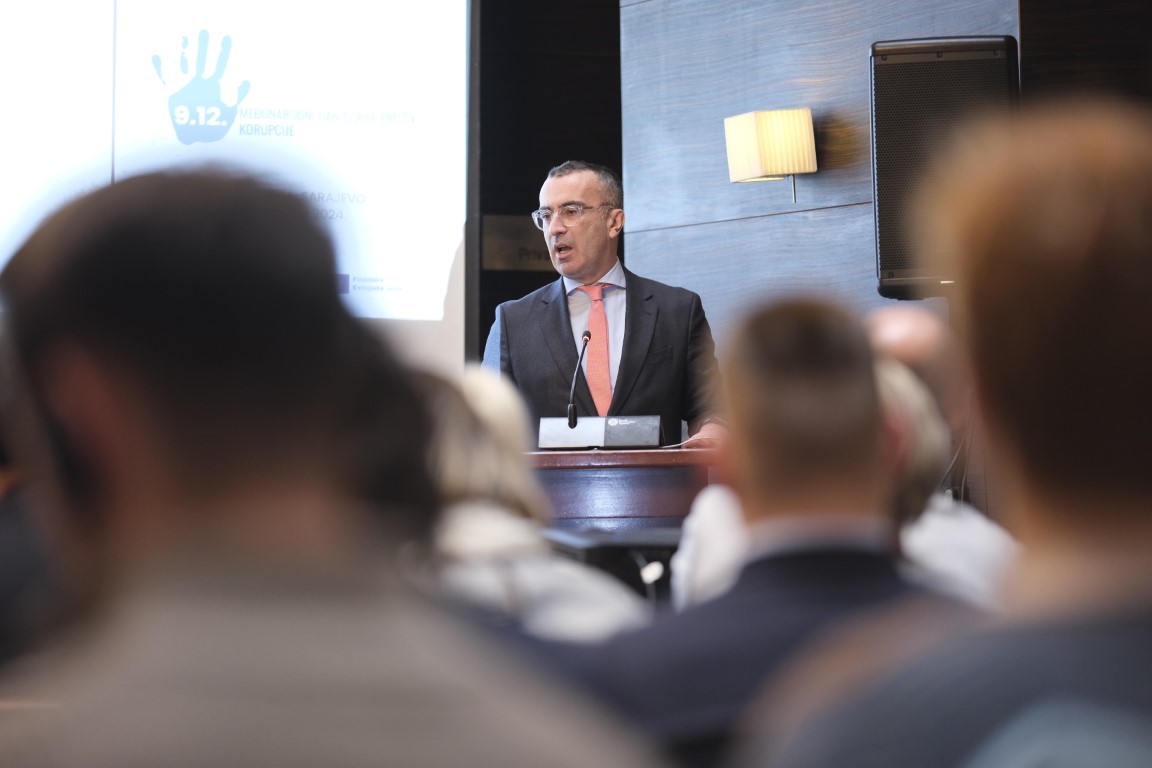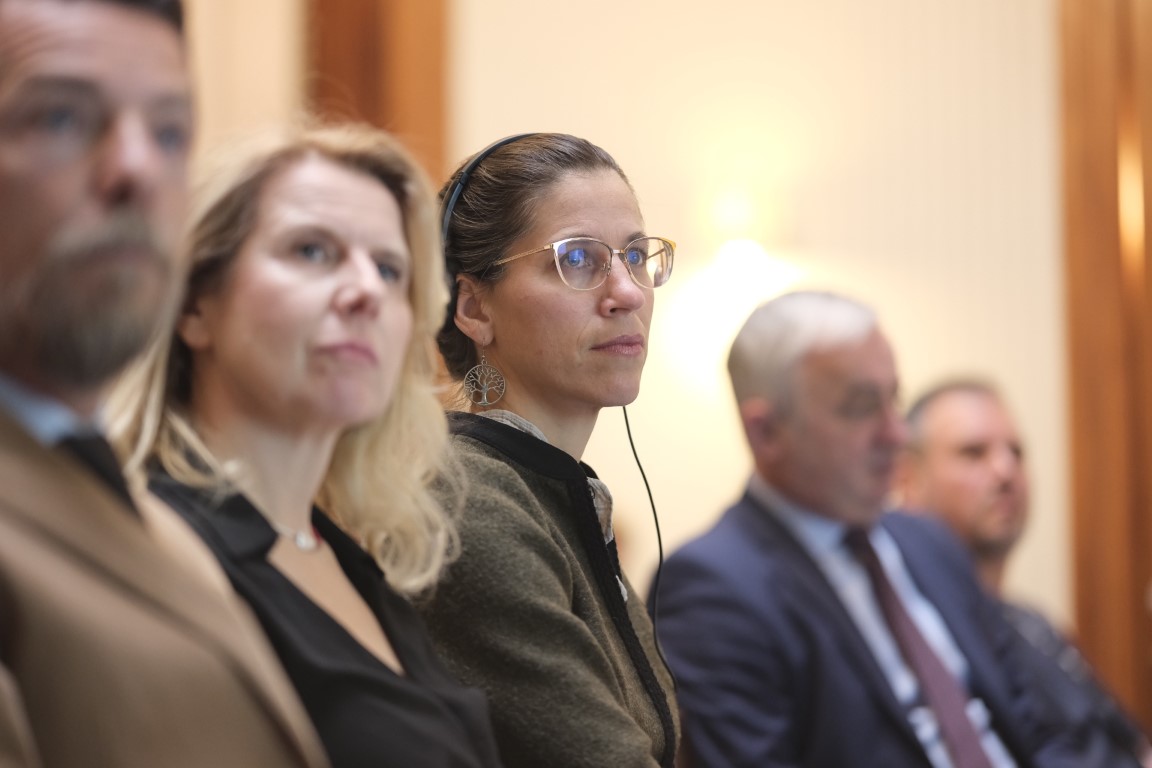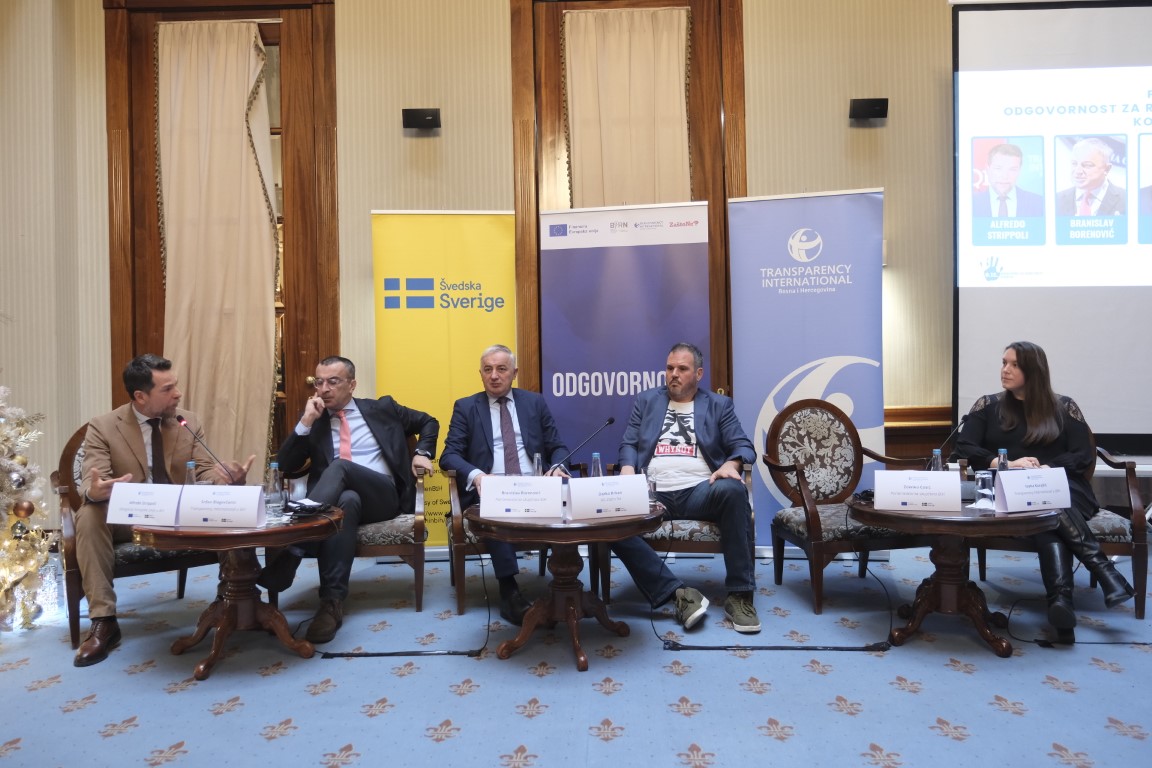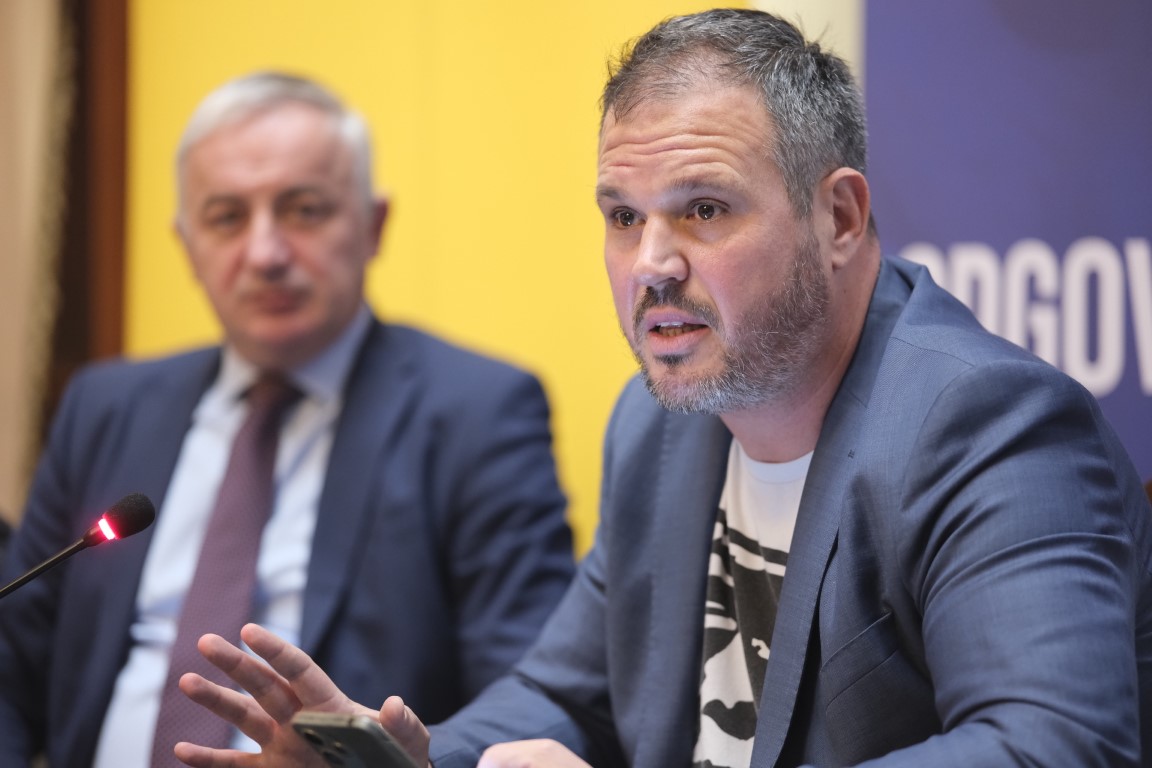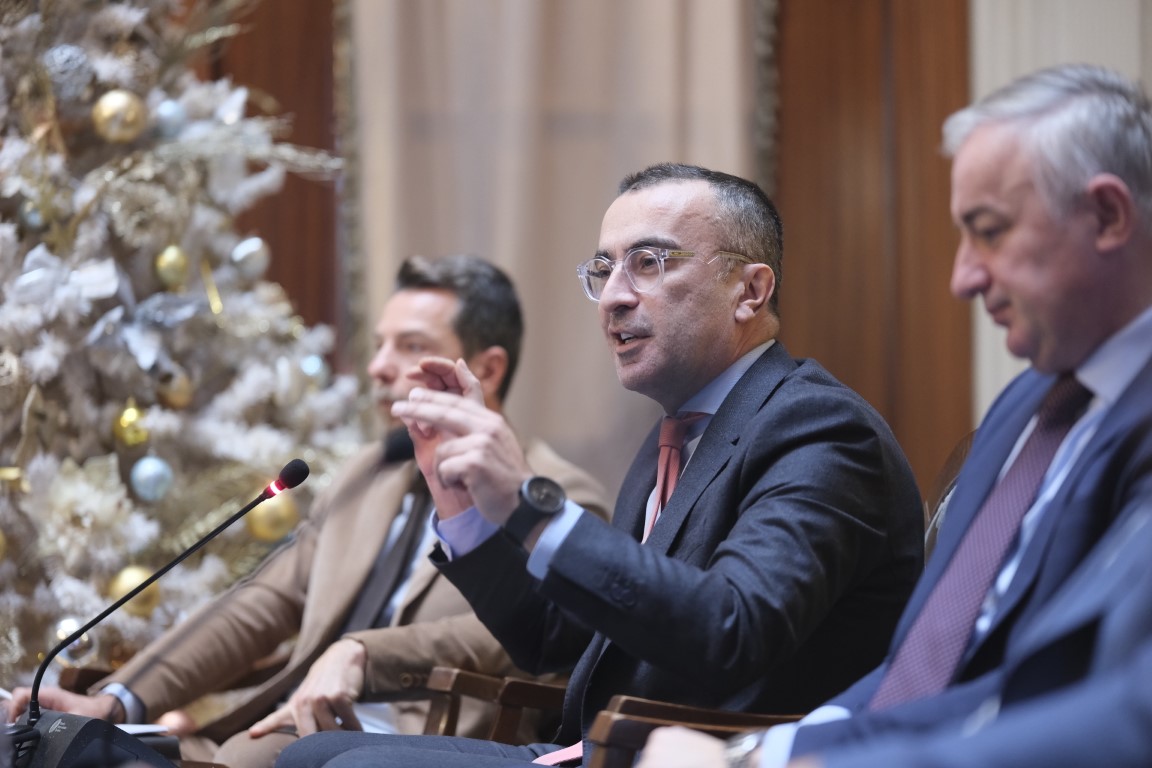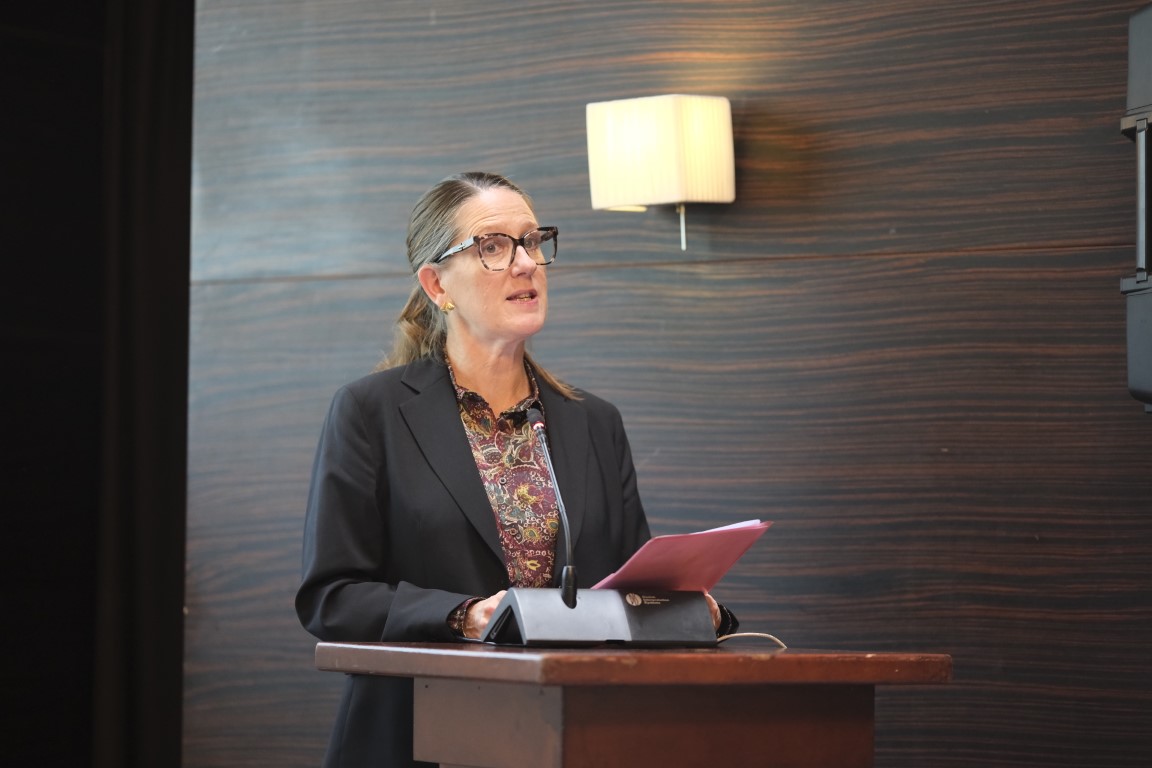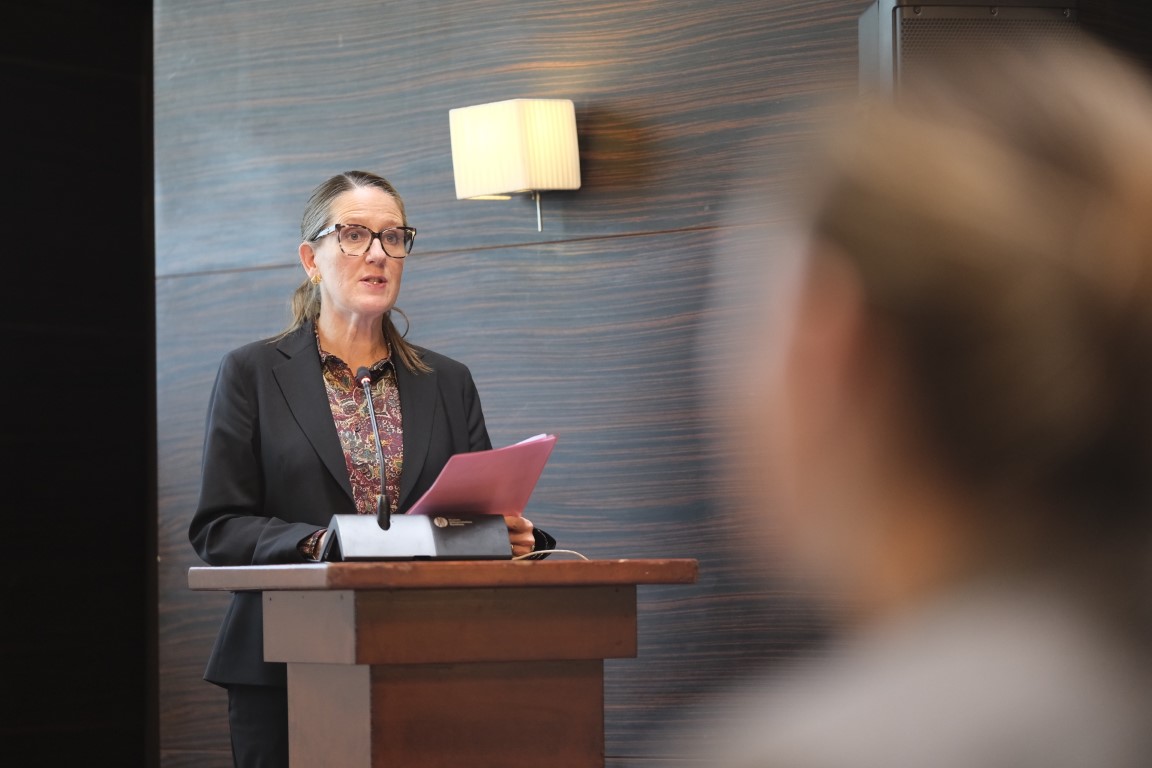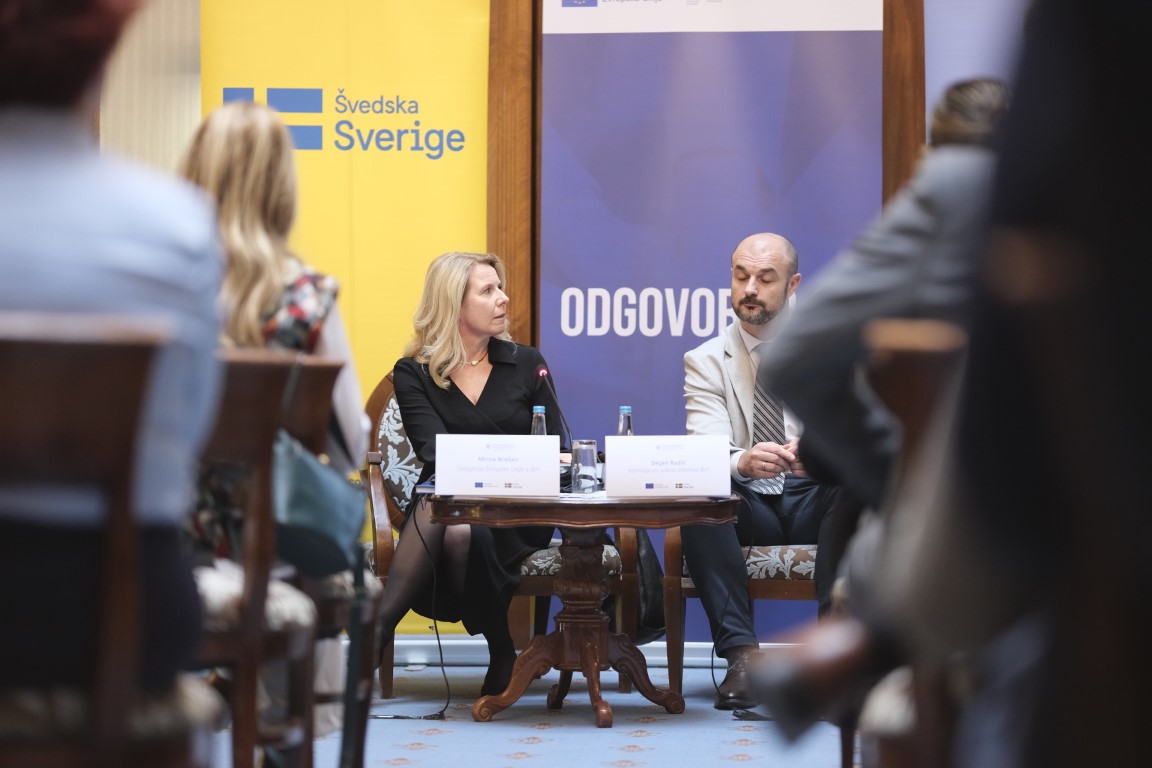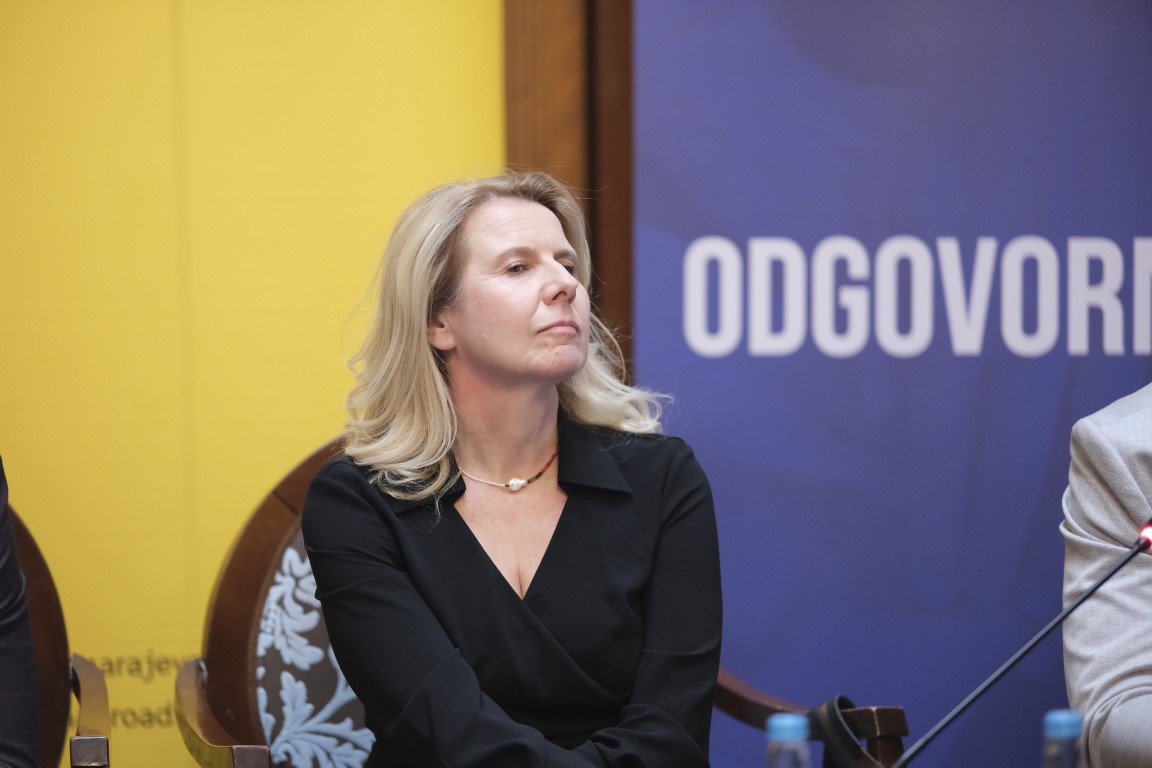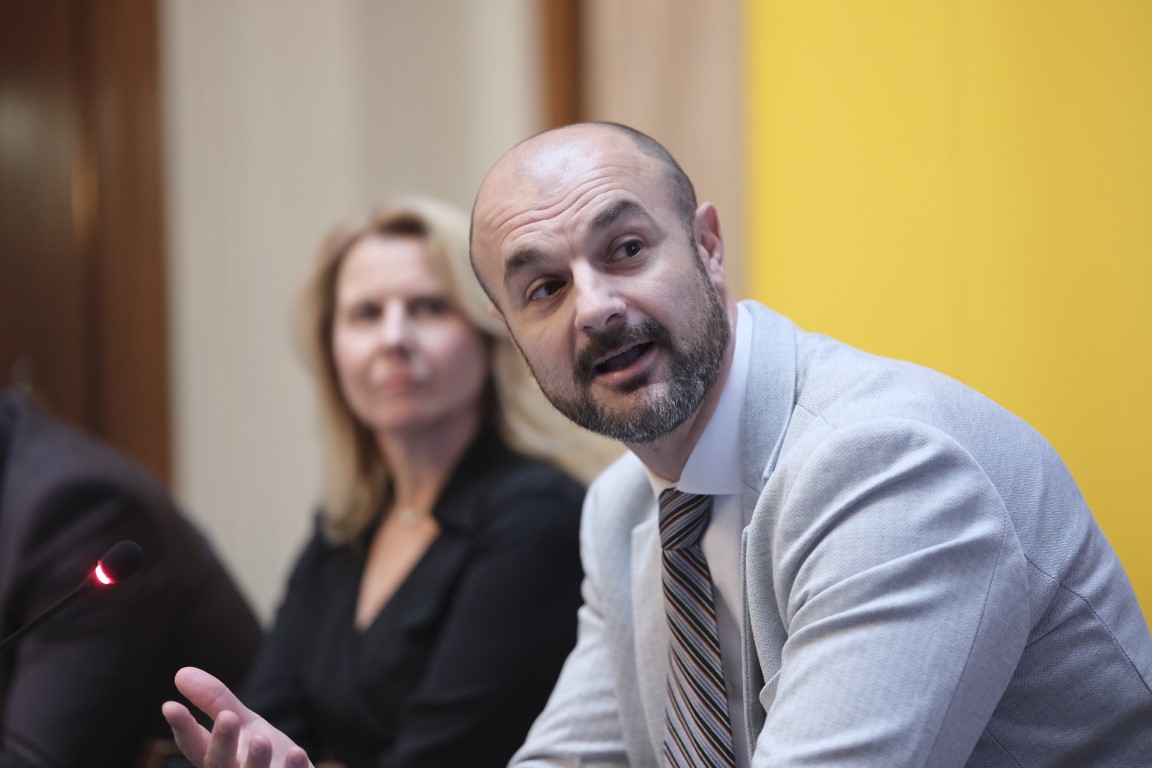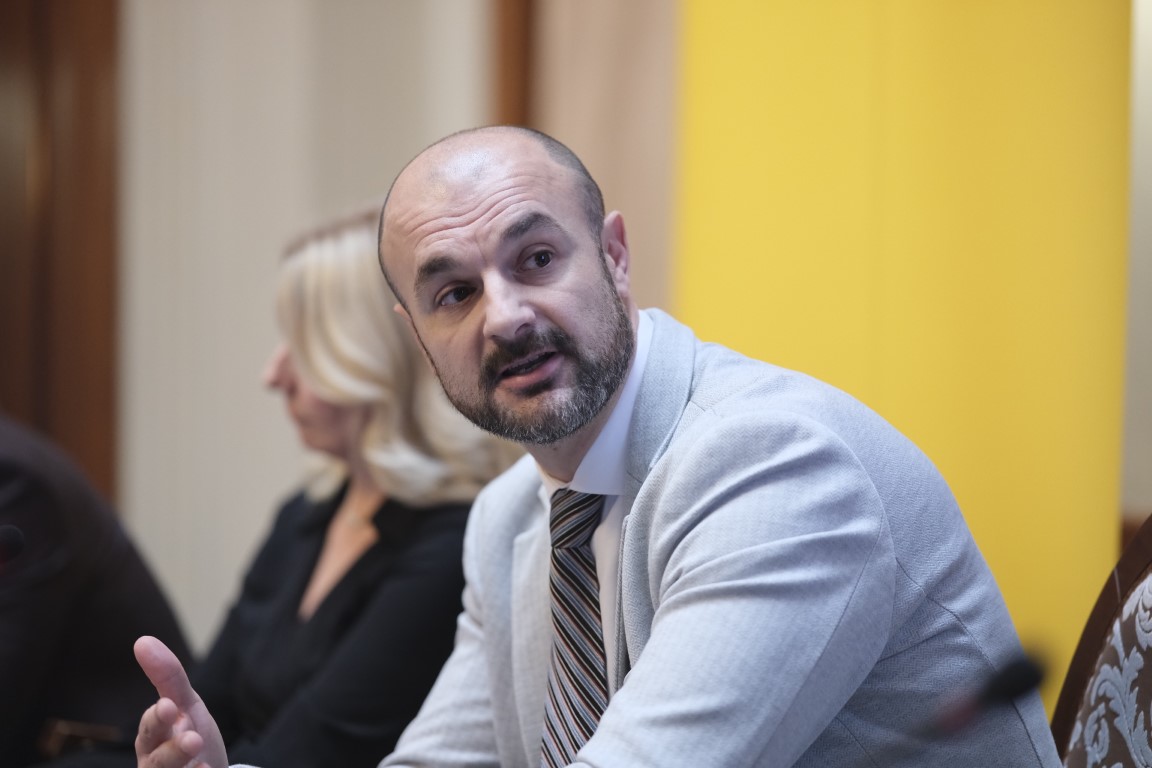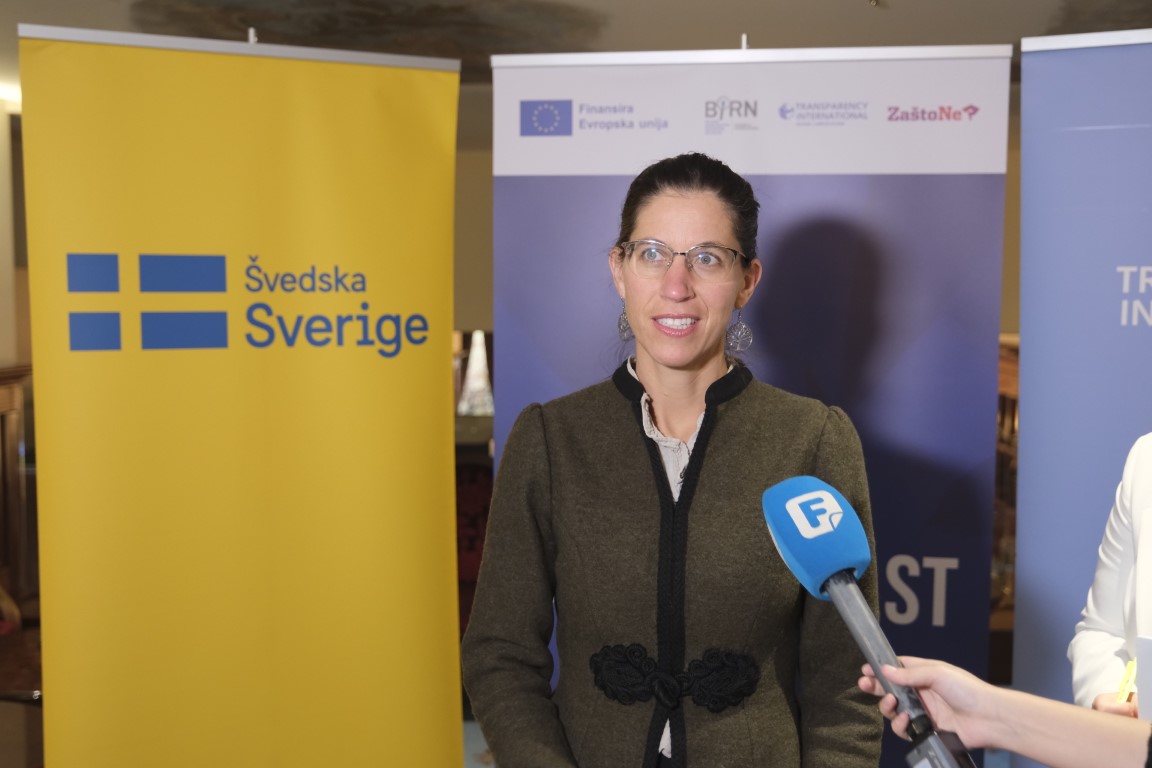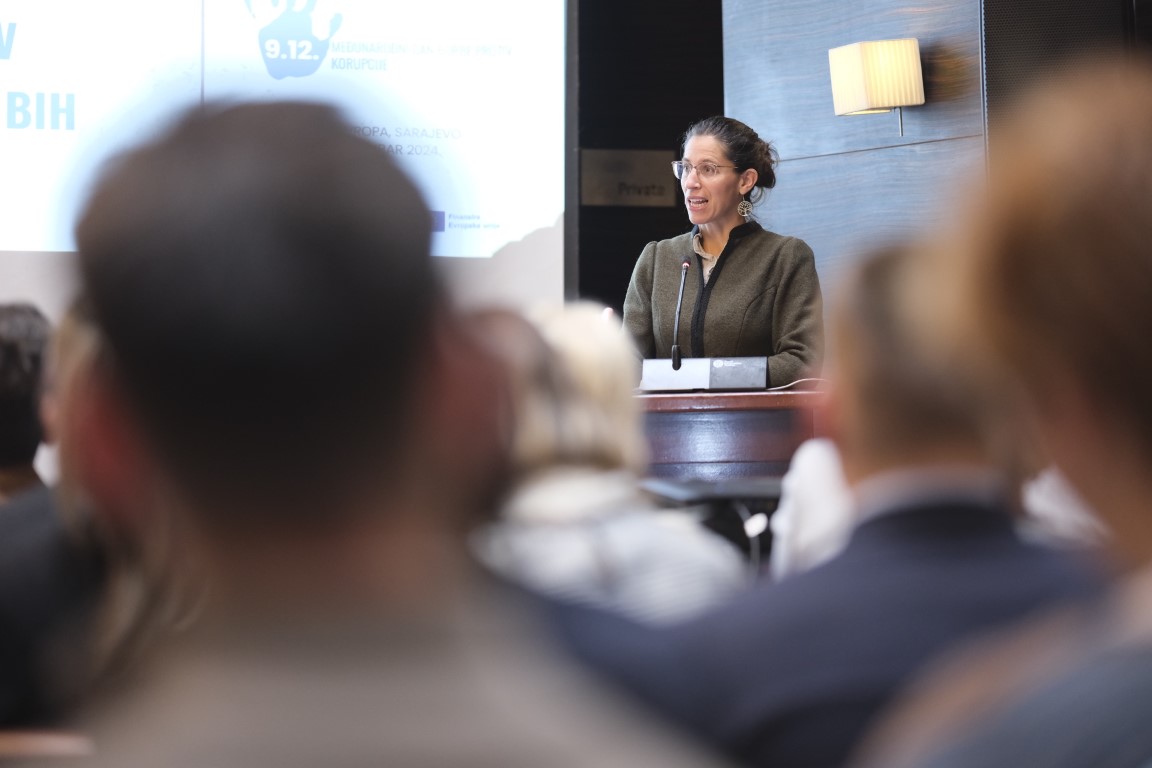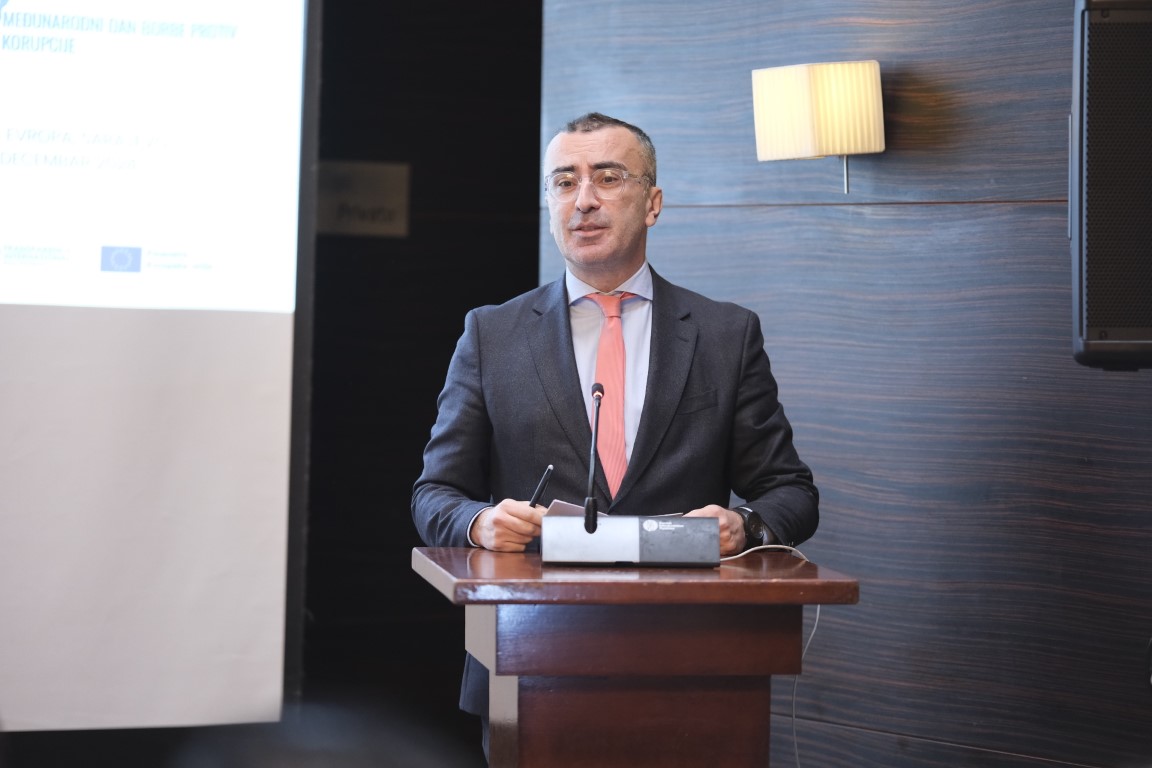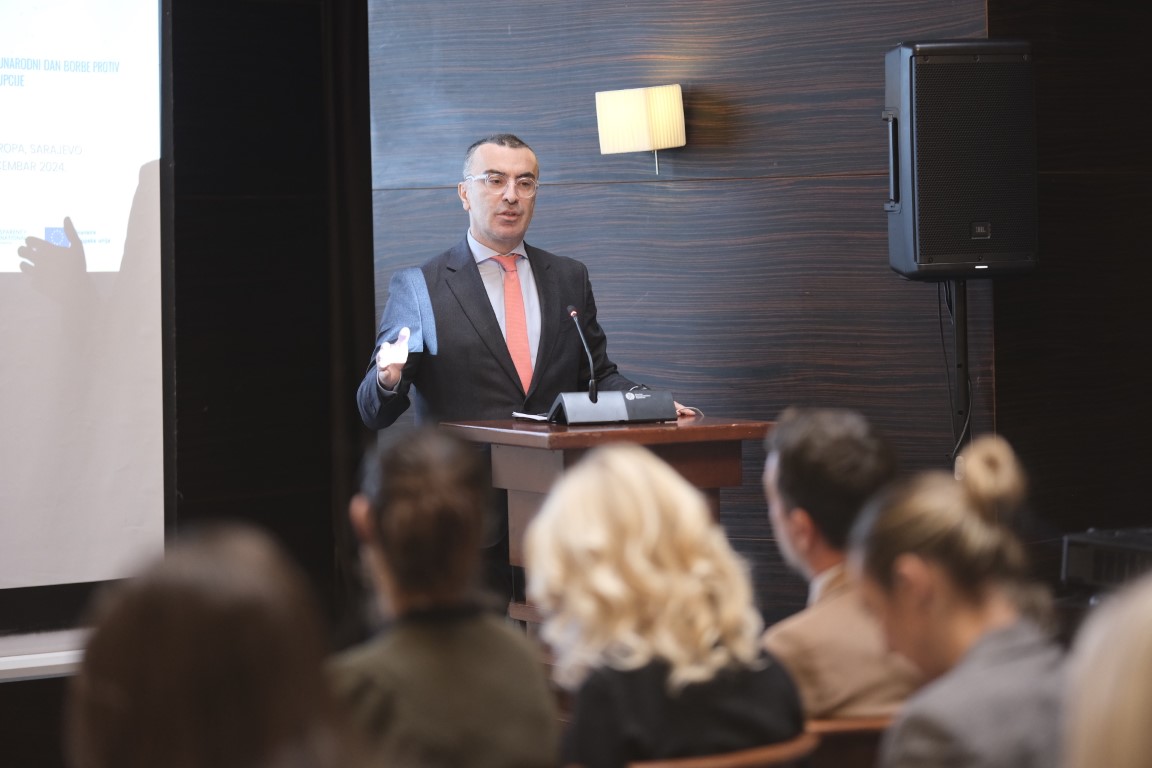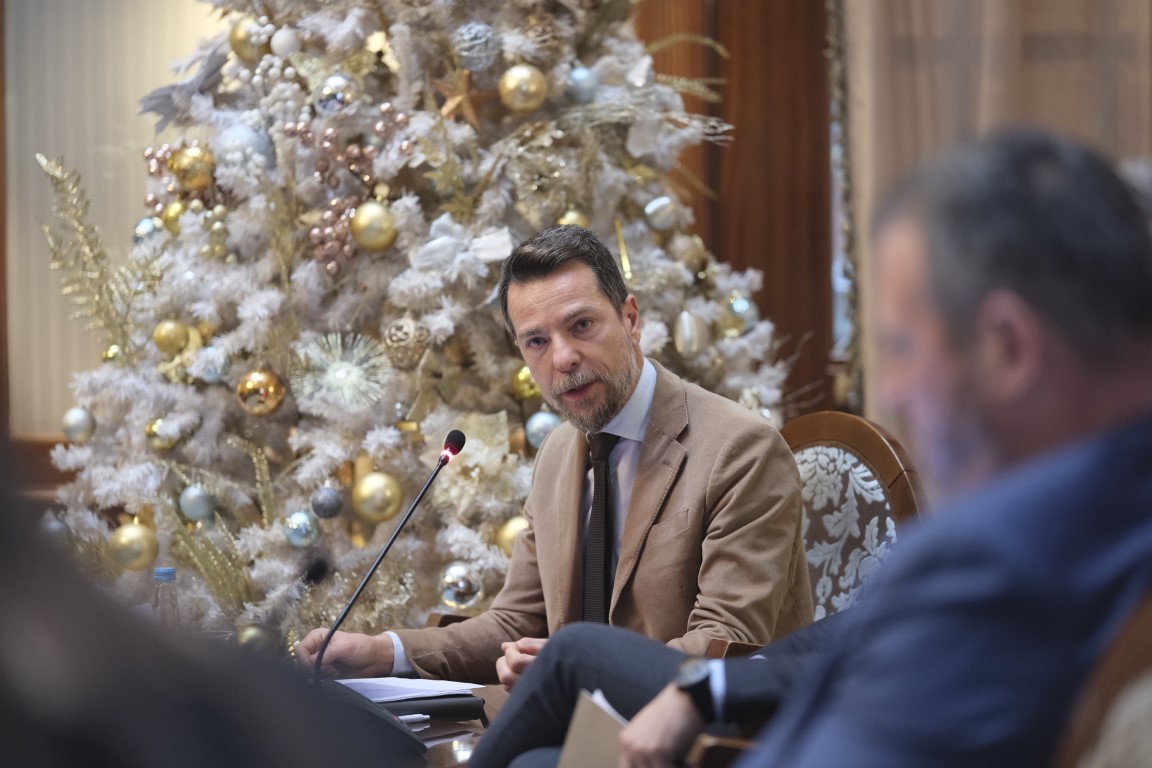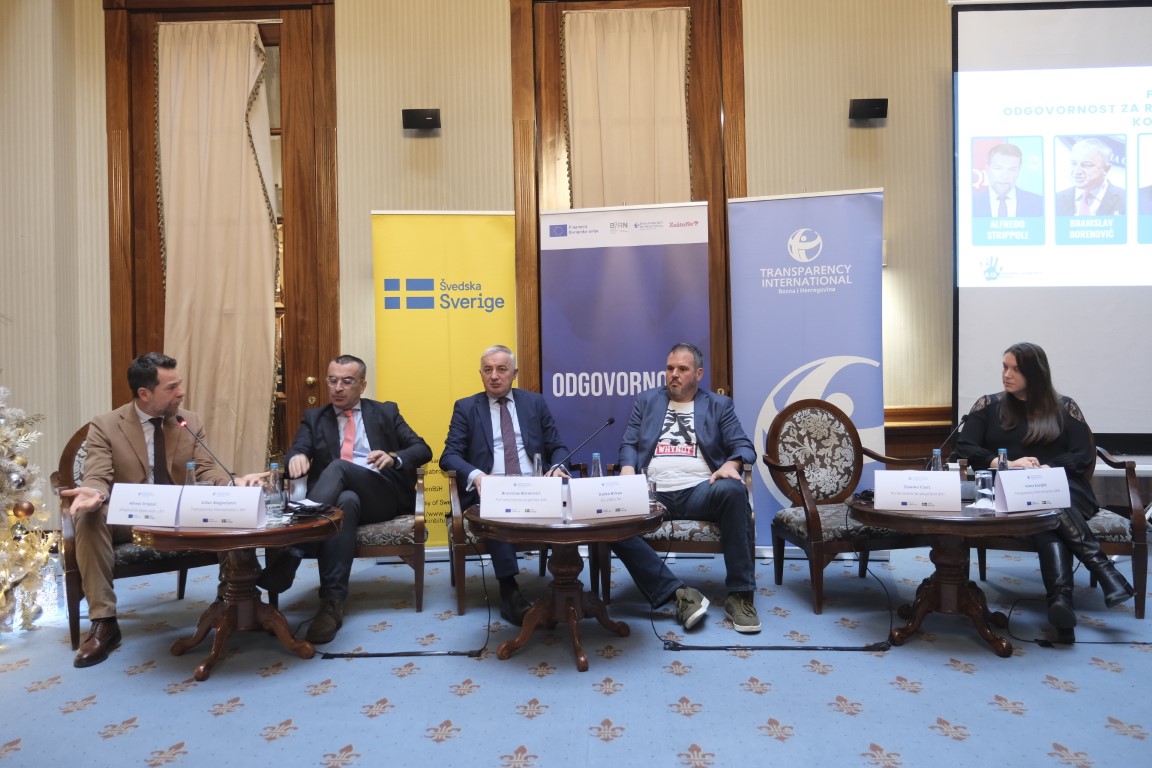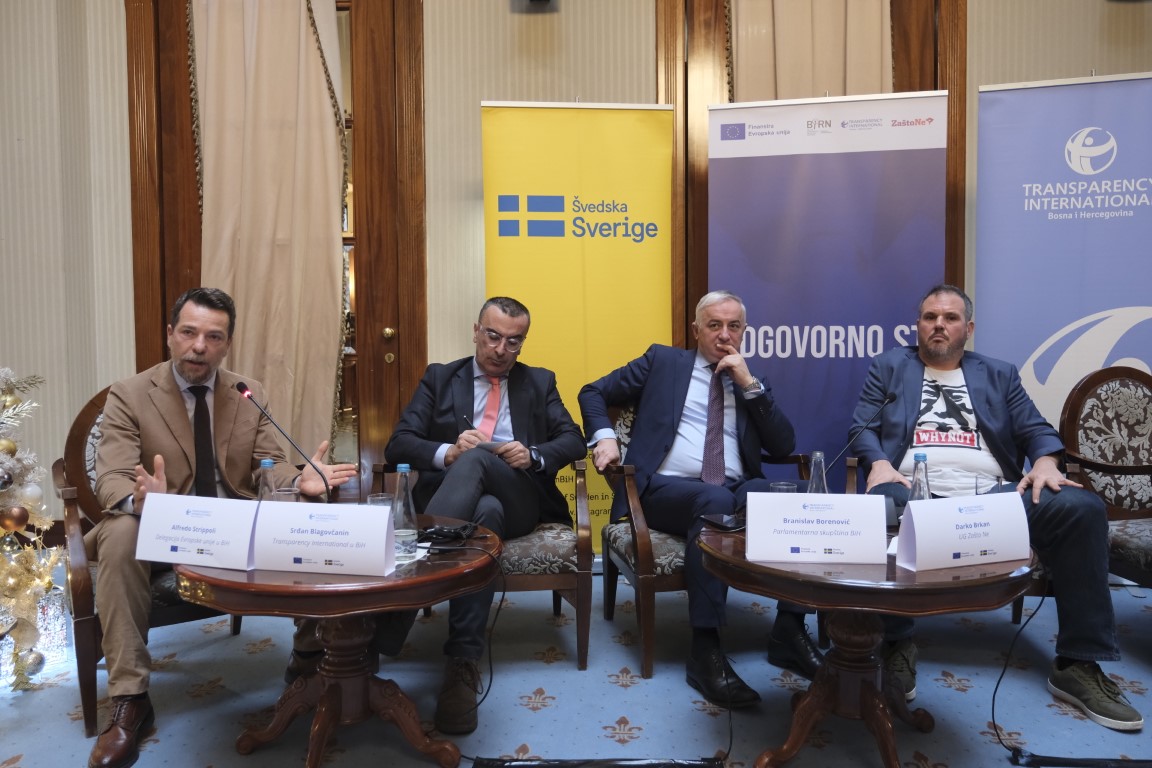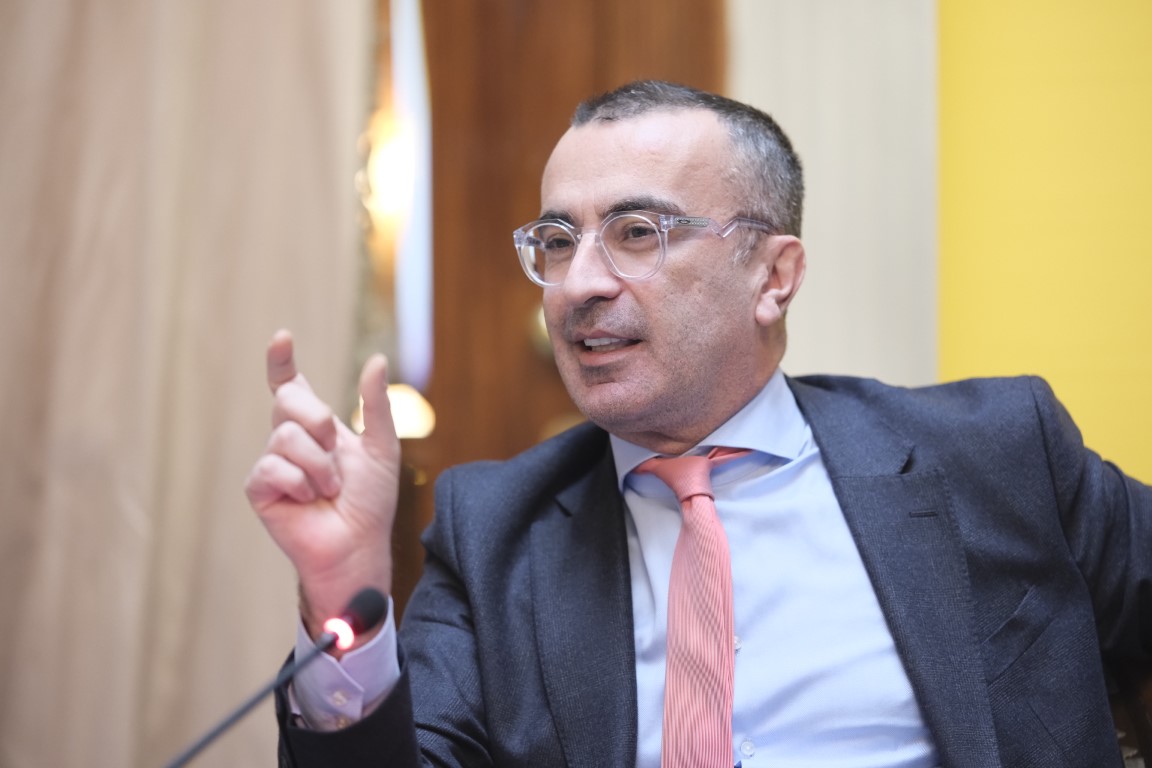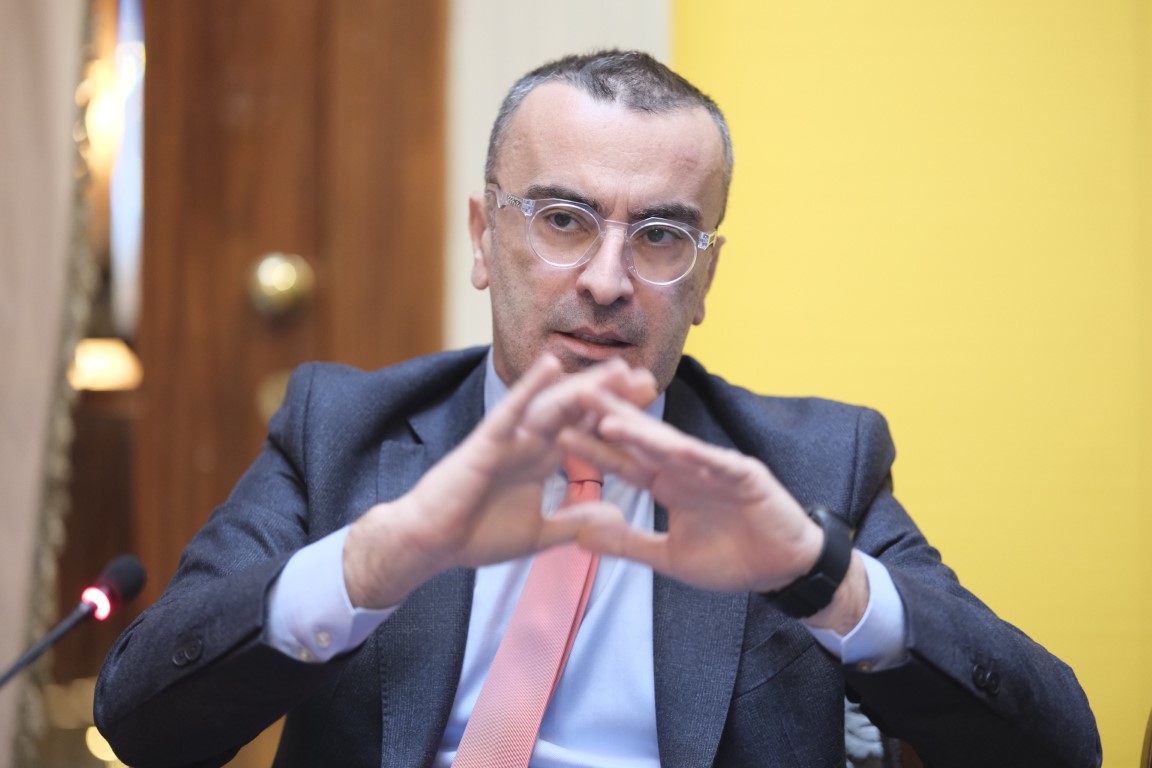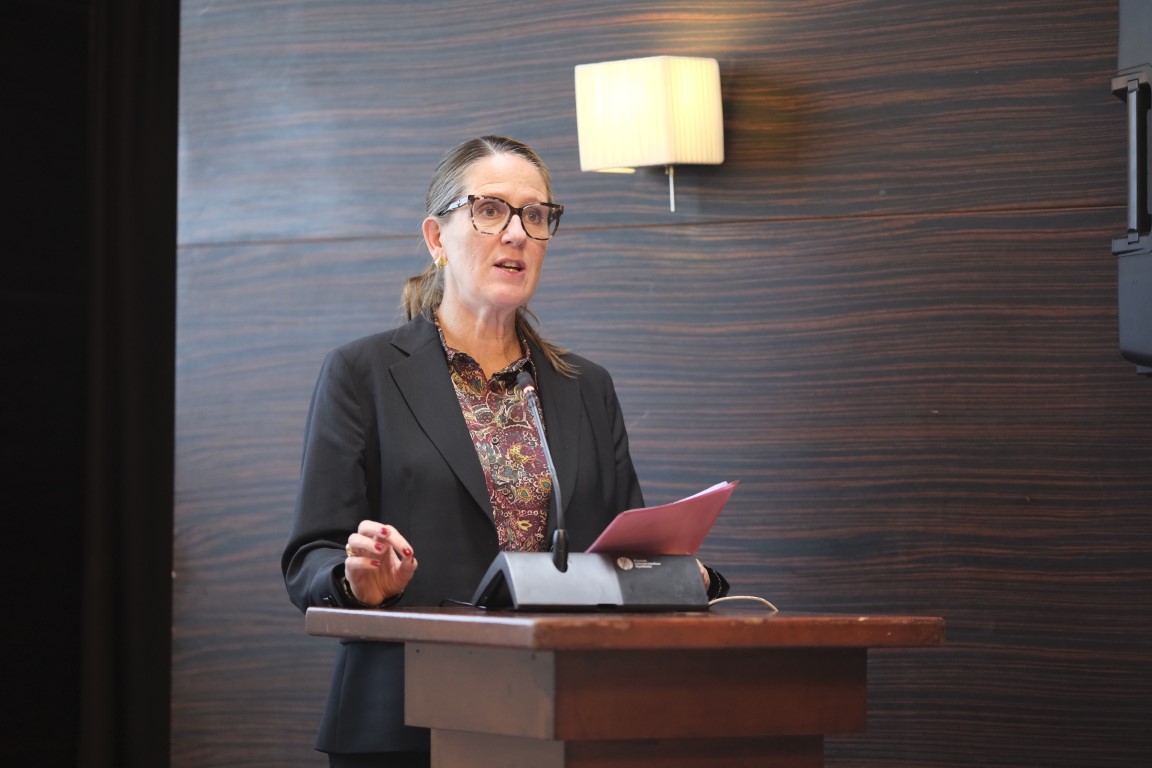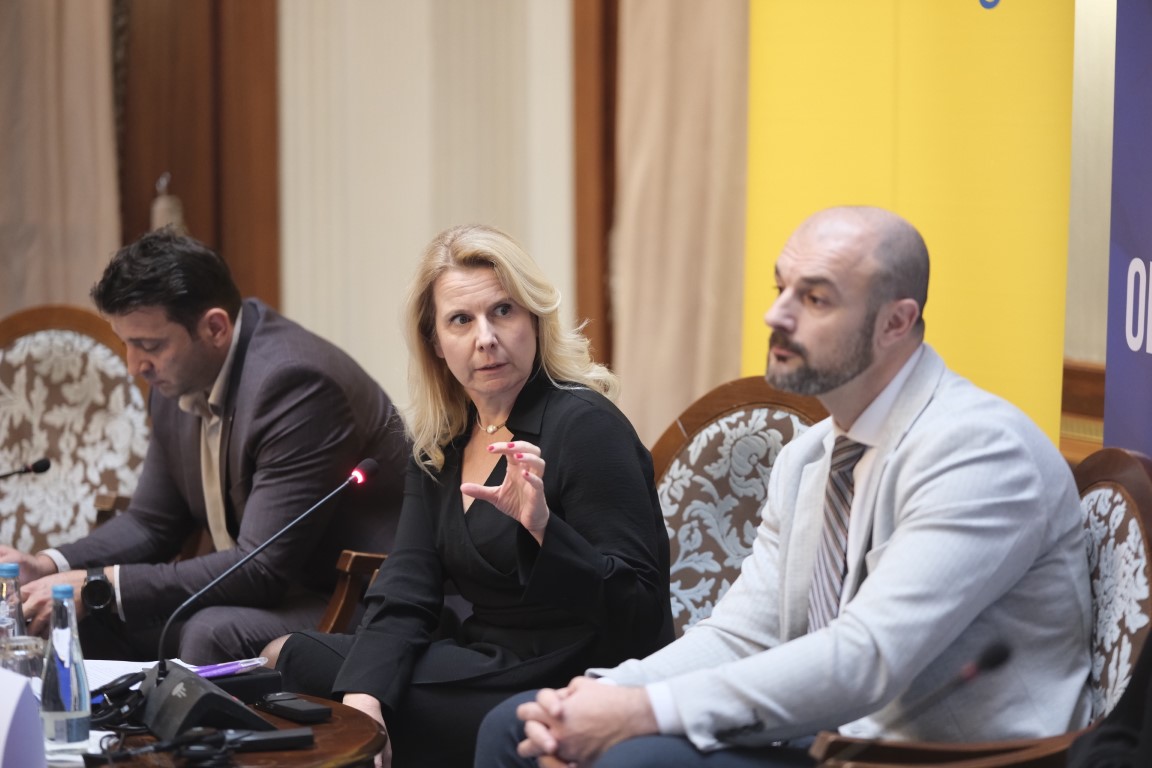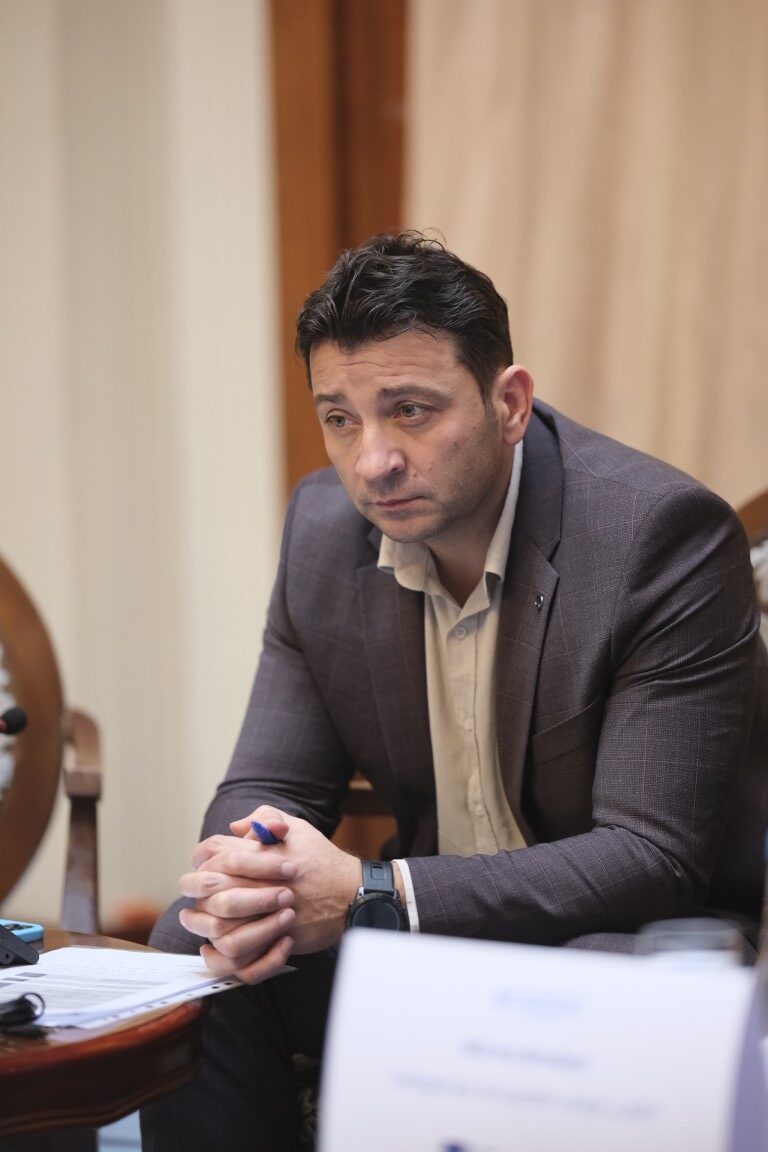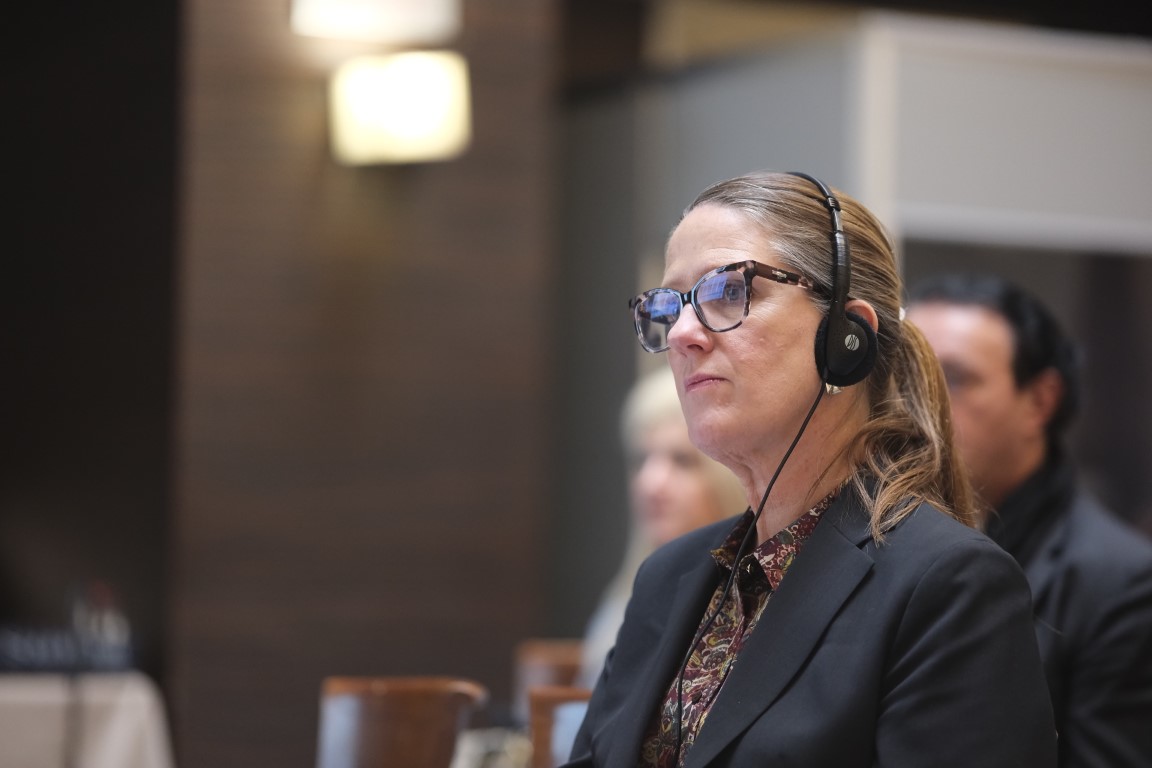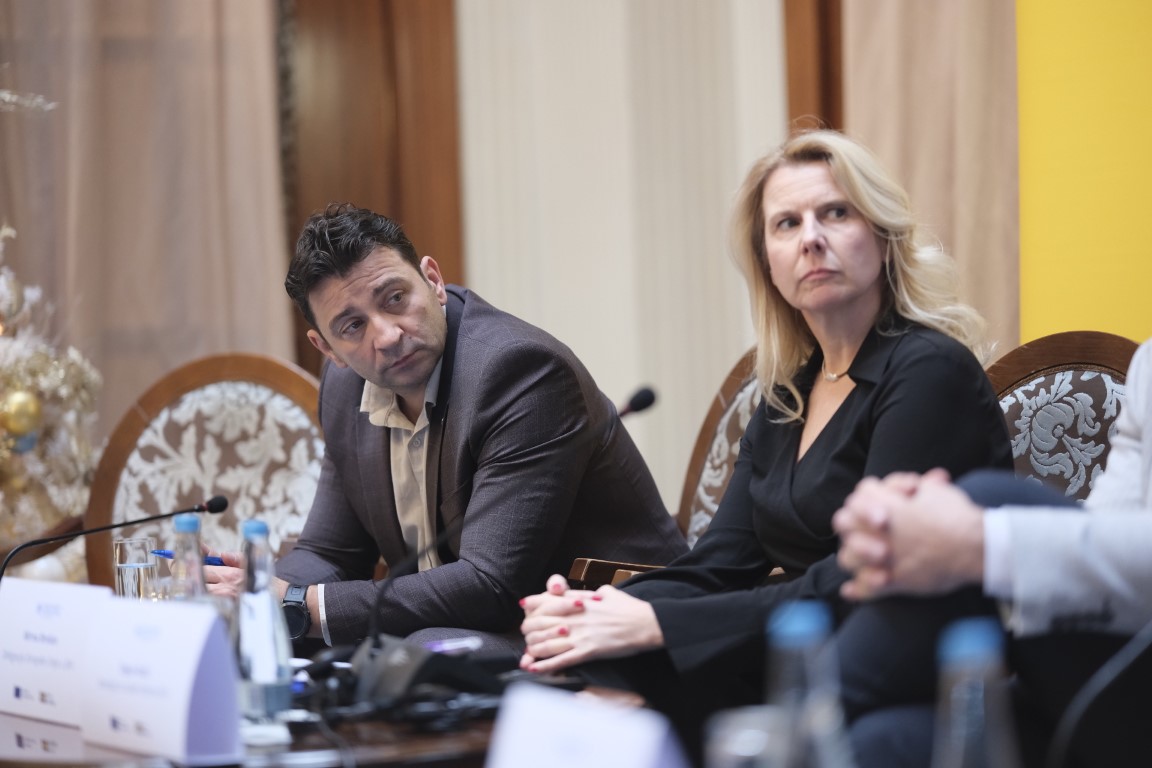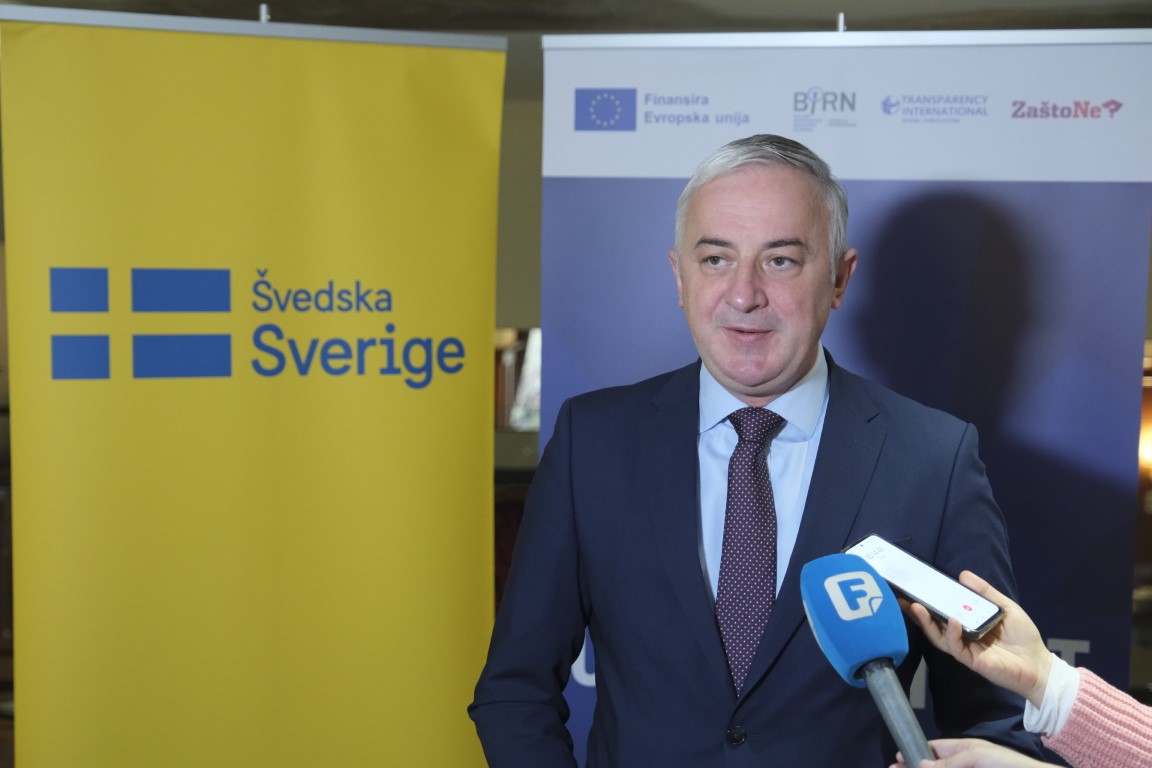INTRODUCING THE ‘ACCESS TO INFORMATION’ TOOL: A STEP TOWARD GREATER TRANSPARENCY IN BIH
"Access to Information", a tool for creating requests for free access to information, drafting urgentities and complaints, and receiving reminders for deadlines for each step of the process of obtaining information of public importance from all institutions in Bosnia and Herzegovina, was presented today in Sarajevo.
Sarajevo, January 30, 2025 – Today in Sarajevo, the online tool ‘Access to Information’ (Pristupi Informacijama) was officially presented. This platform enables users to...
Press releases ● 30 January 2025
Izvještaji za Mediae
INTRODUCING THE ‘ACCESS TO INFORMATION’ TOOL: A STEP TOWARD GREATER TRANSPARENCY IN BIH
Press releases ● 30 January 2025
Sarajevo, January 30, 2025 – Today in Sarajevo, the online tool ‘Access to Information’ (Pristupi Informacijama) was officially presented. This platform enables users to create requests for free access to information directed at all institutions in Bosnia and Herzegovina. The tool, available at pristupinformacijama.ba, provides an automated and intuitive process for submitting requests and allows citizens, media, and civil society organizations to draft and send follow-ups and appeals, as well as receive reminders for deadlines at each stage of obtaining information of public importance.
“The aim of this tool, whose development was supported by the European Union, is to enhance access to information, which not only improves the transparency of public authorities but also increases citizens’ participation in the work of institutions. This is a fundamental prerequisite for the democratic nature, openness, and accountability of institutions, stated Aurelie Valtat, Head of Political, Press and Information Section at the Delegation of the European Union in BiH.
The Access to Information tool features an intuitive and user-friendly interface that guides users through each step of drafting an access to information request. It also contains a database of several thousand public institutions, agencies, enterprises, and organizations at all levels of government in Bosnia and Herzegovina, allowing citizens to direct their inquiries appropriately.
Once a request is created, users can print and send it to the relevant institution, after which the tool tracks deadlines and automatically notifies users of available options, such as sending a follow-up or appeal if the public authority fails to respond within the legally prescribed timeframe. Additionally, citizens can request legal assistance if they encounter difficulties in obtaining the requested information.
“Our goal was to provide citizens with a simple and intuitive way to draft their requests independently, enabling them to obtain information from public authorities, as this is one of the fundamental rights guaranteed by freedom of information laws,” said Marko Vujić, a legal aid associate at Transparency International in BiH (TI BiH), which implemented the project in collaboration with Vaša prava BiH (VP BiH).
It is important to emphasize that the Access to Information tool enables users to submit requests to all public institutions in BiH while automatically selecting the appropriate legal framework based on the level of government and the institution’s jurisdiction. This feature significantly simplifies the process, considering that three different laws currently regulate access to information in Bosnia and Herzegovina.
The presentation of the Access to Information tool also highlighted shortcomings in the Freedom of Information Law in BiH. A legal analysis of the law reveals inconsistent terminology, unclear provisions on the public interest test, a lack of harmonization with other legal acts, unjustifiably long response times, and the absence of adequate sanctions, all of which hinder its implementation and reduce the efficiency of public access to information.
“Due to vague provisions and inconsistencies with other laws, which allow for ambiguous interpretations, the implementation of the Freedom of Information Law in Bosnia and Herzegovina has become arbitrary and unreliable, further eroding public trust in institutions,” said Emir Prcanović, Director of Vaša prava BiH.
The discussion also highlighted weaknesses in the entity-level access to information laws, such as the lack of proactive disclosure provisions, non-compliance with international standards, and the absence of an oversight mechanism in the Freedom of Information Law of Republika Srpska.
Enhancing transparency and institutional accountability is crucial for rebuilding public trust and ensuring the effective functioning of a democratic society. To this end, TI BiH plans to organize training sessions and workshops for media professionals and civil society representatives to familiarize them with the Access to Information tool. These efforts aim to promote the practical application of the right to information and encourage greater proactive transparency among public institutions.

